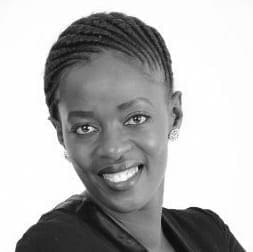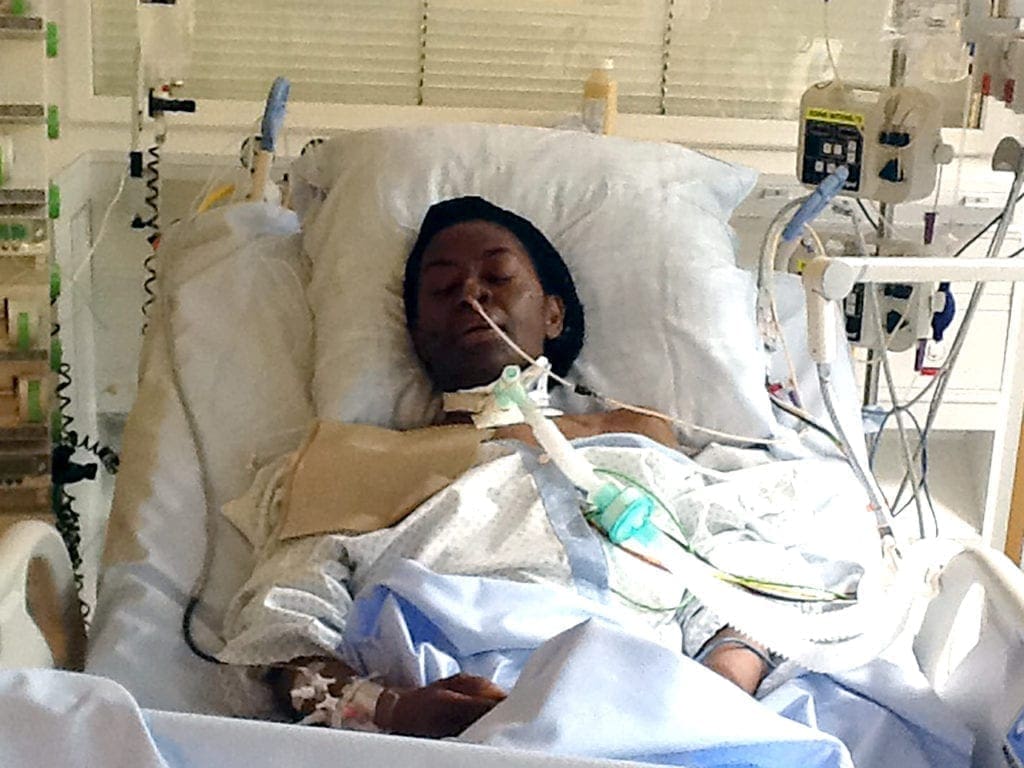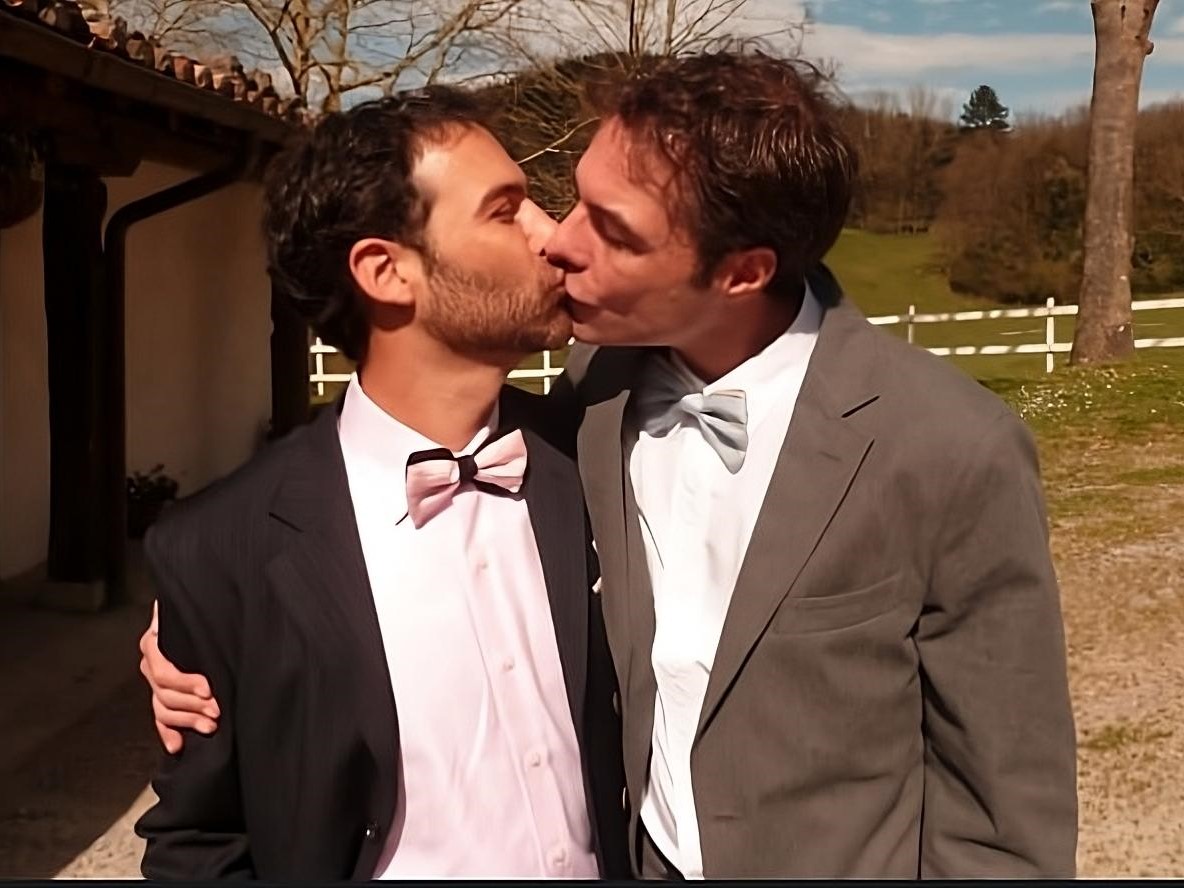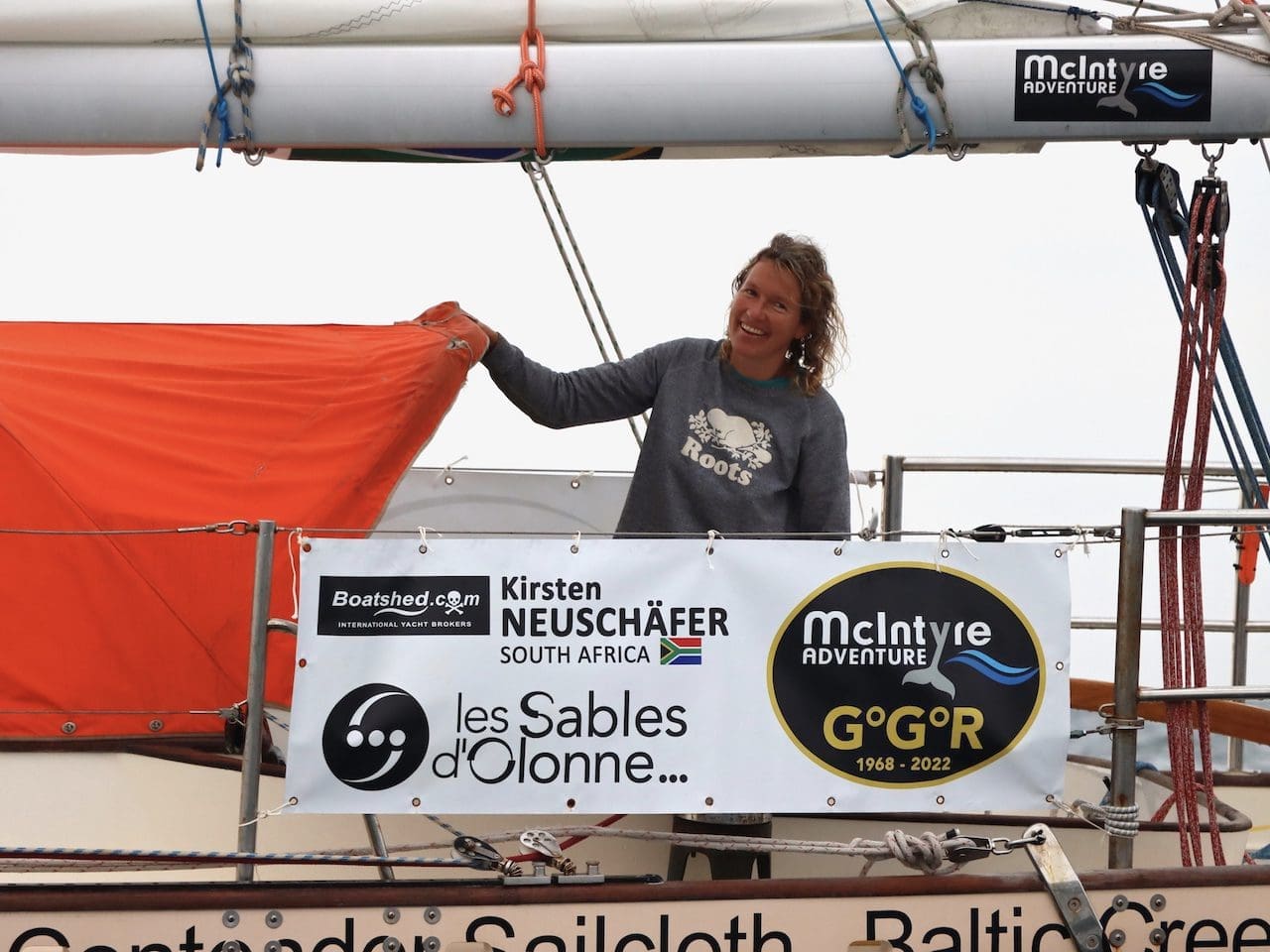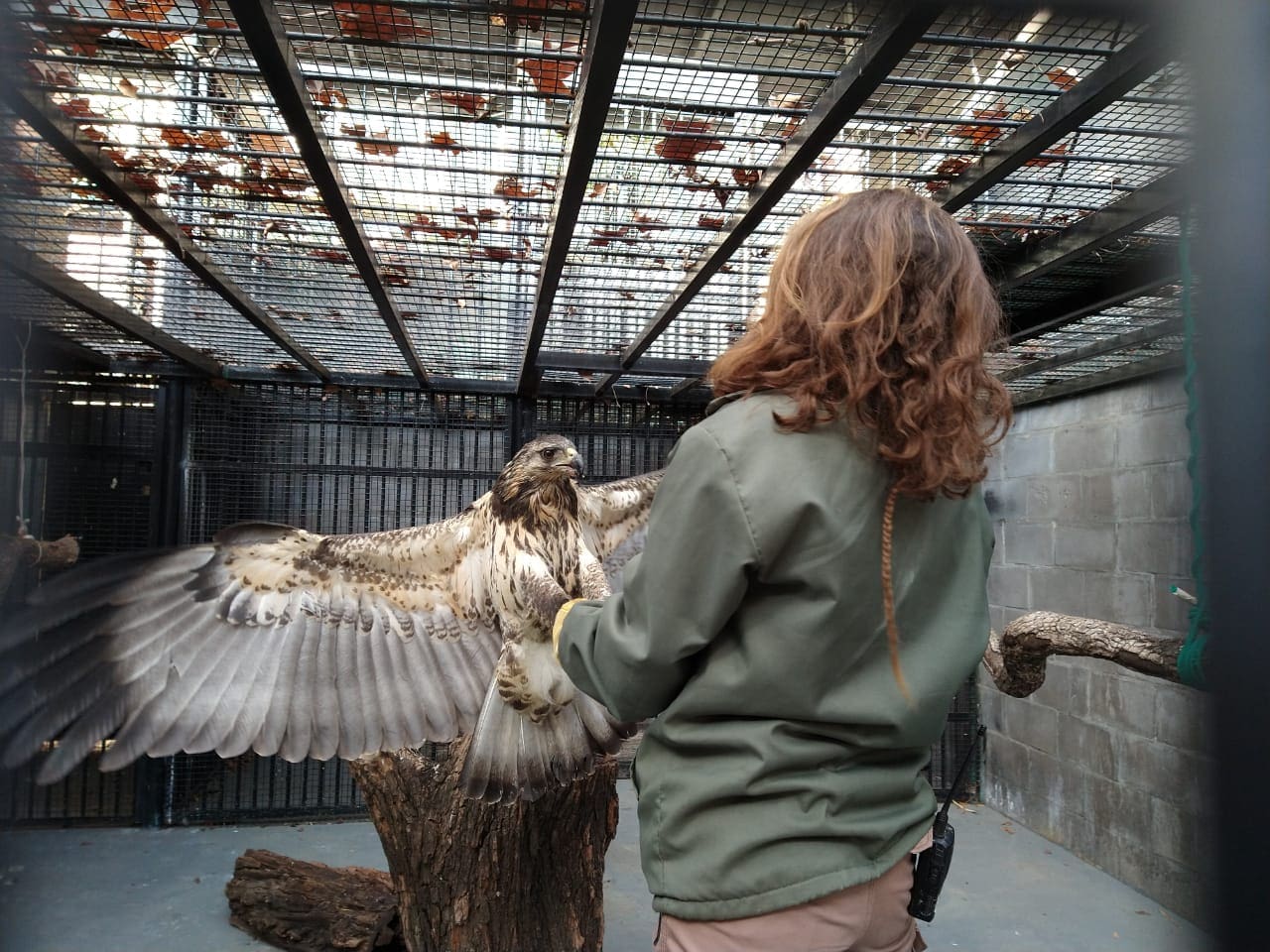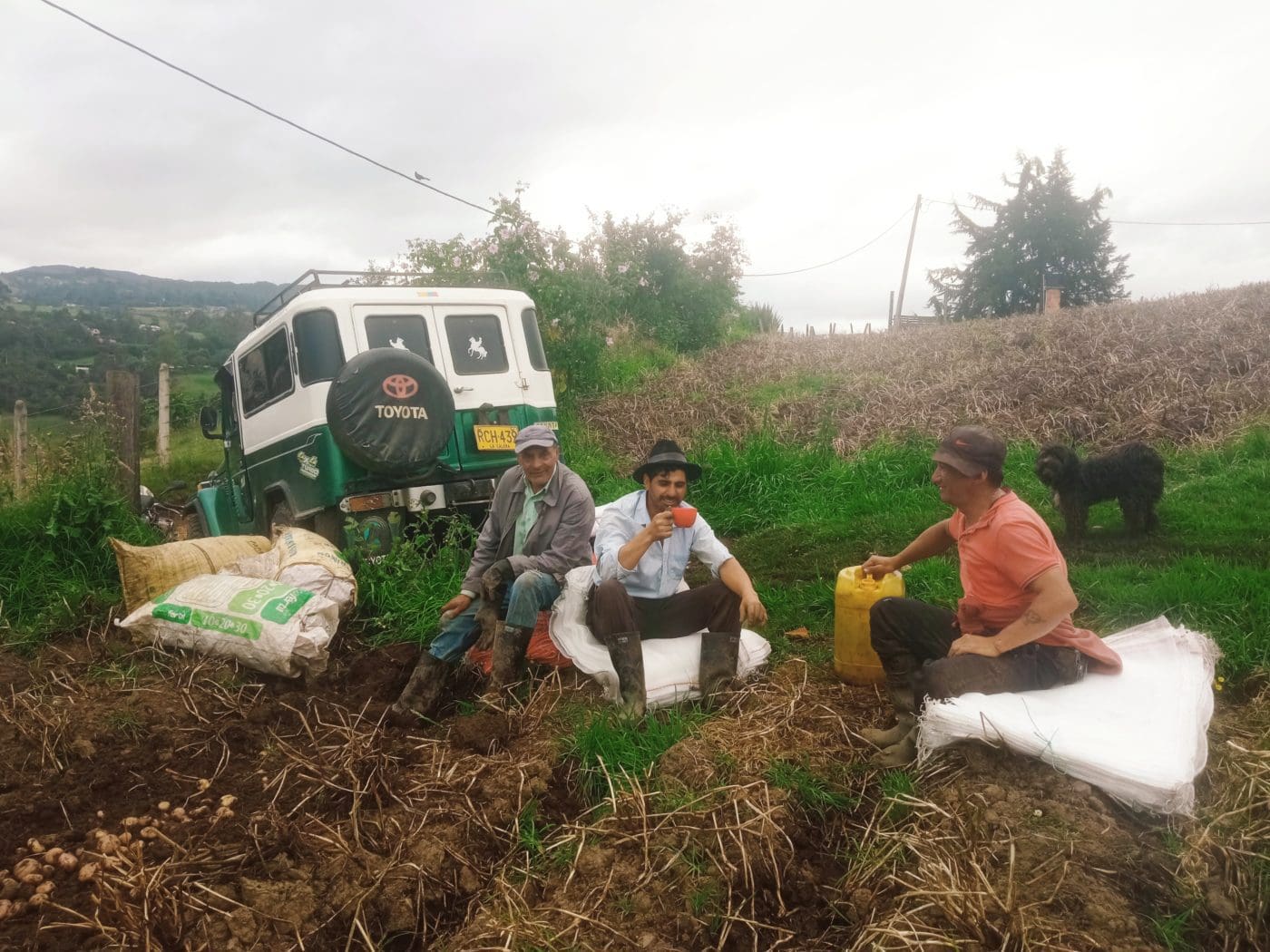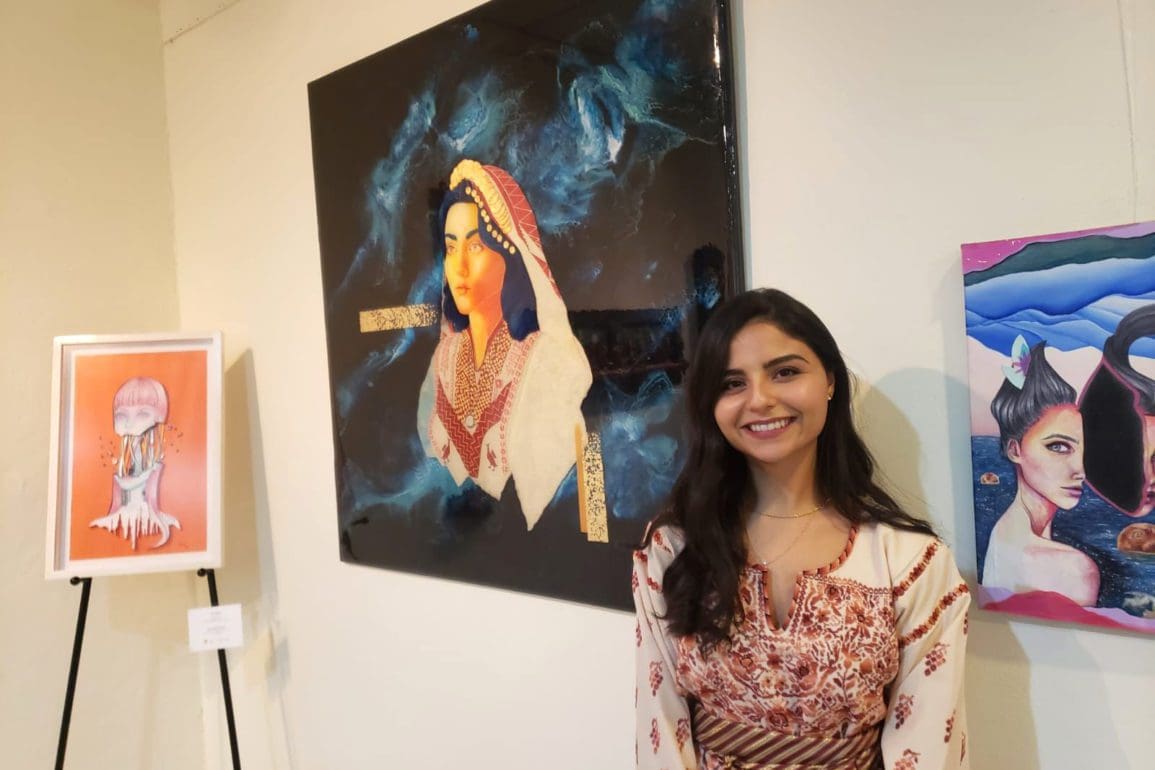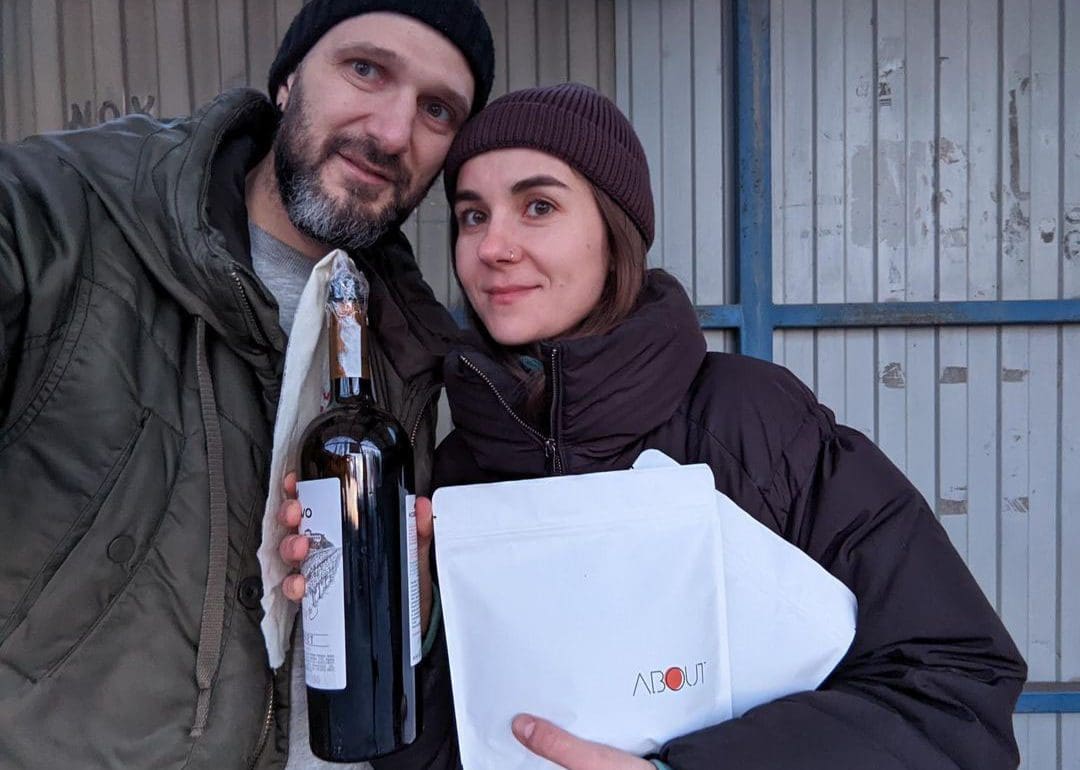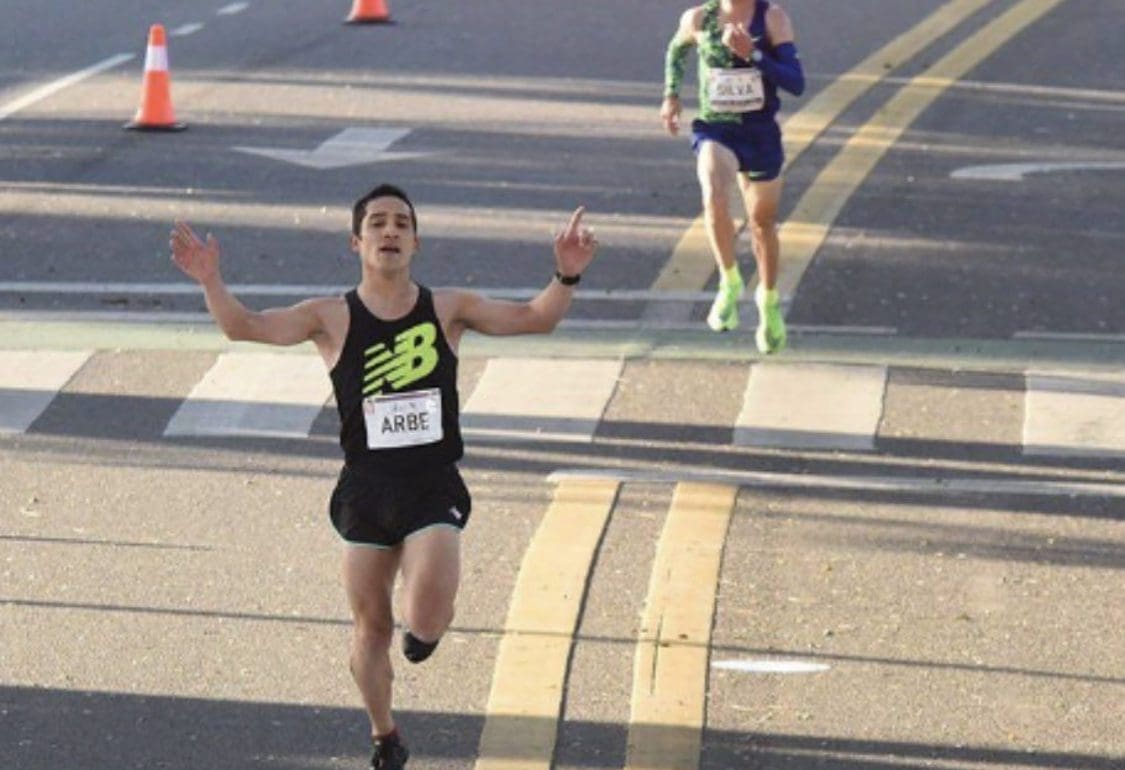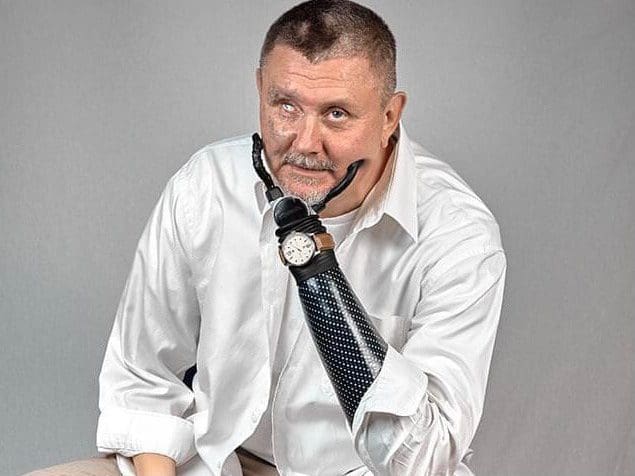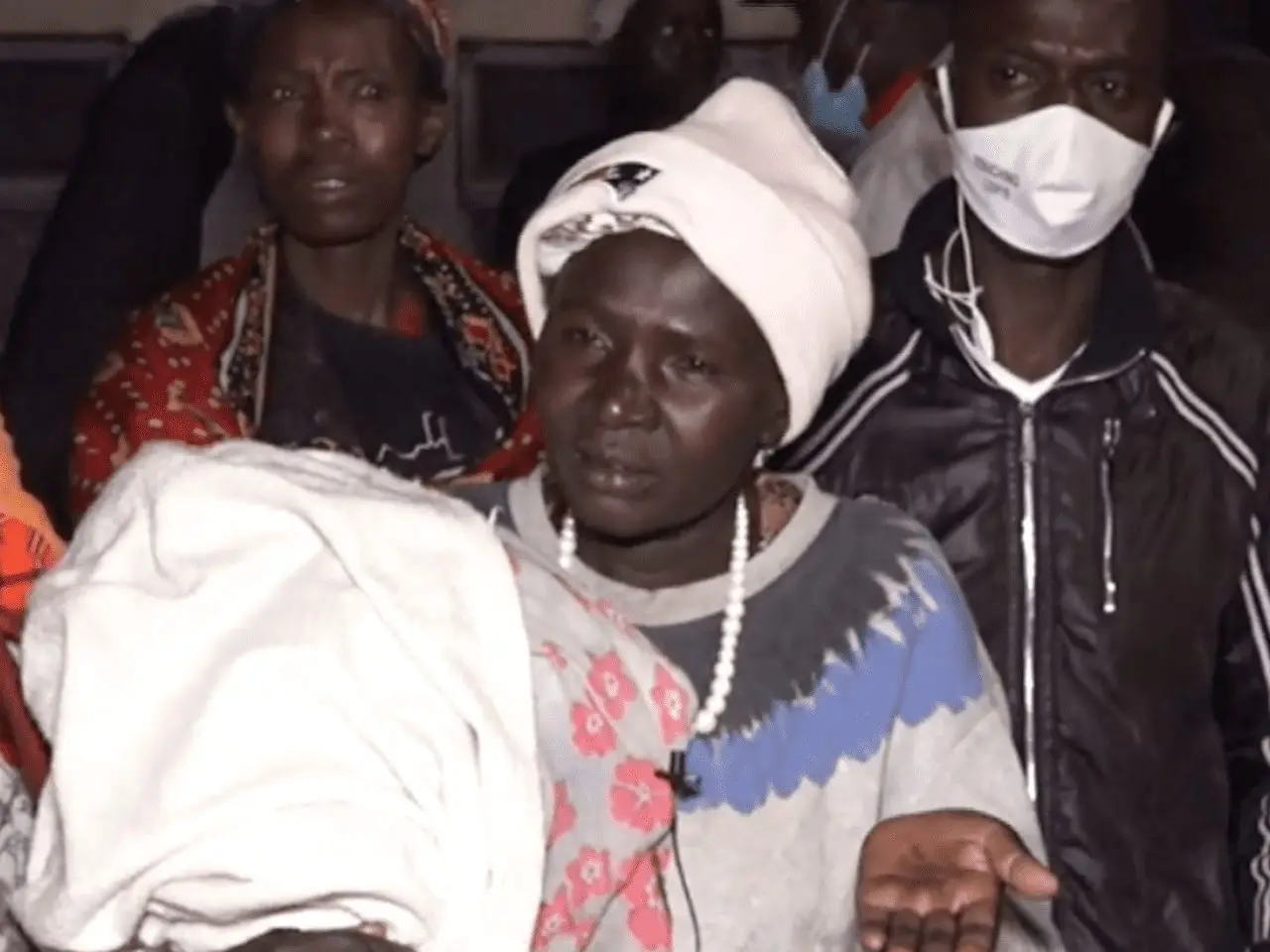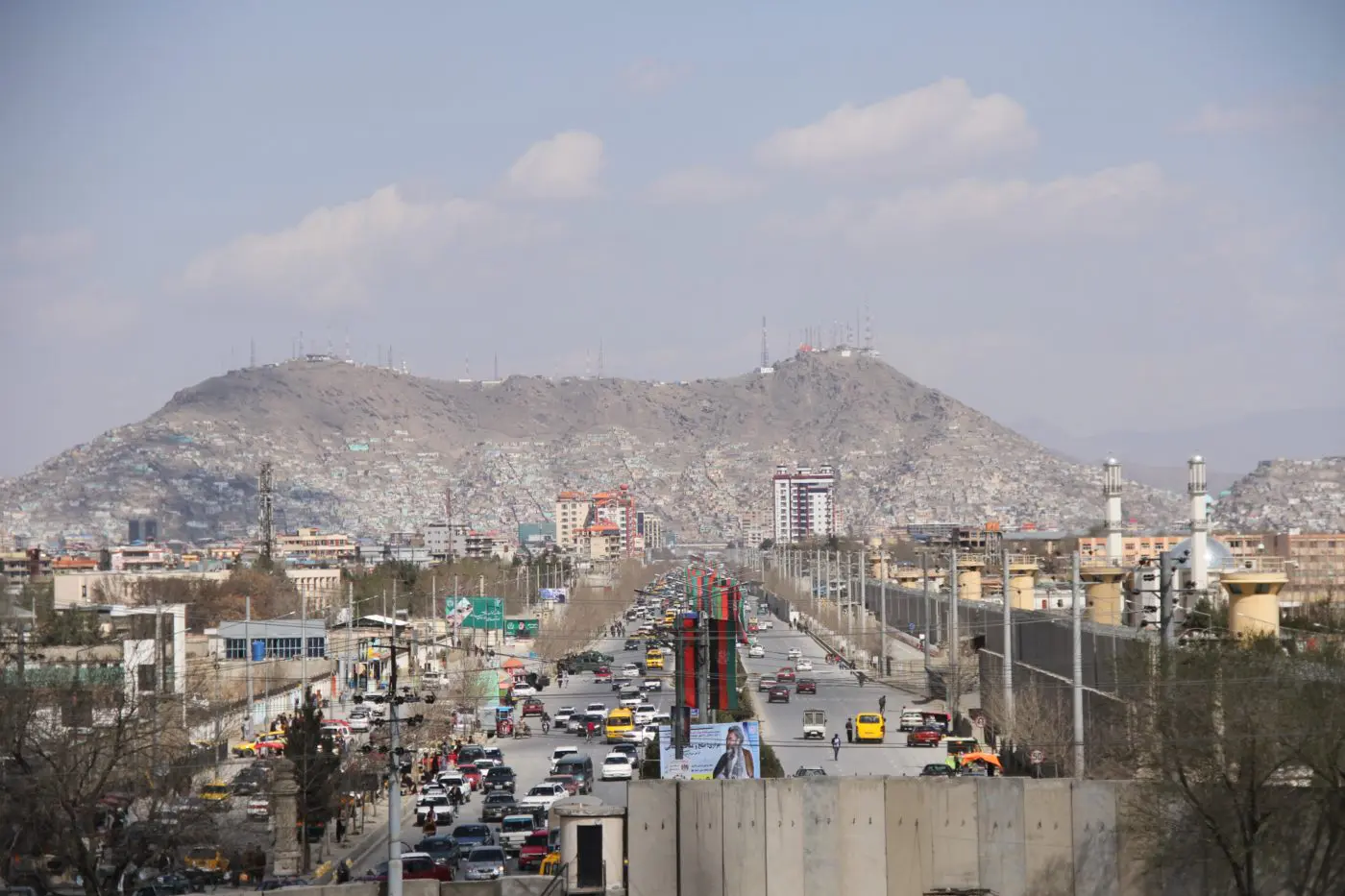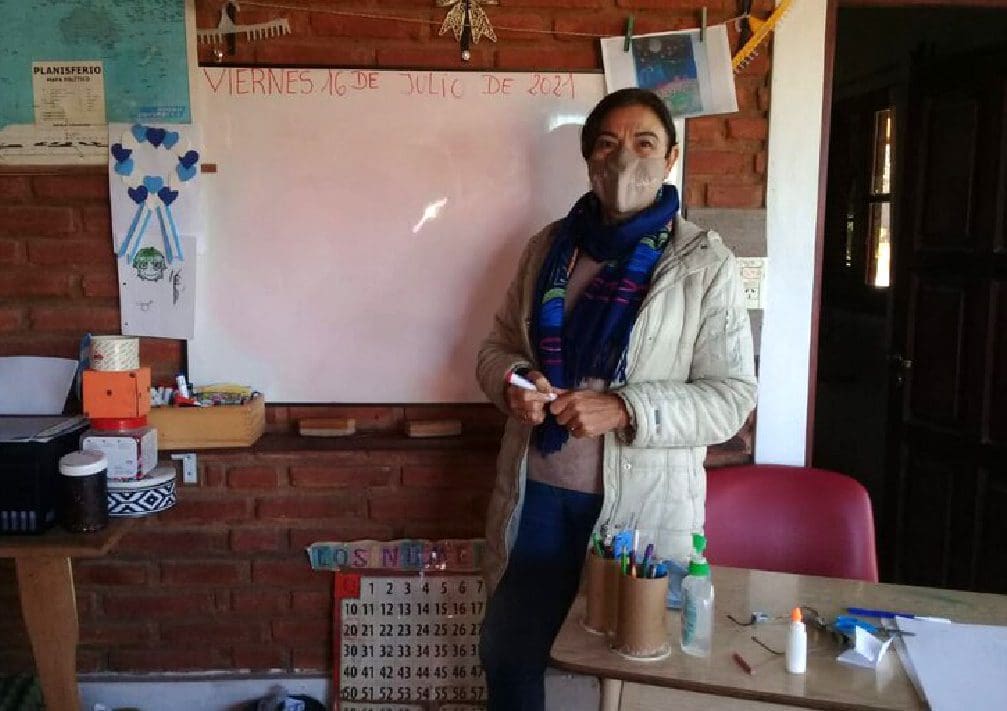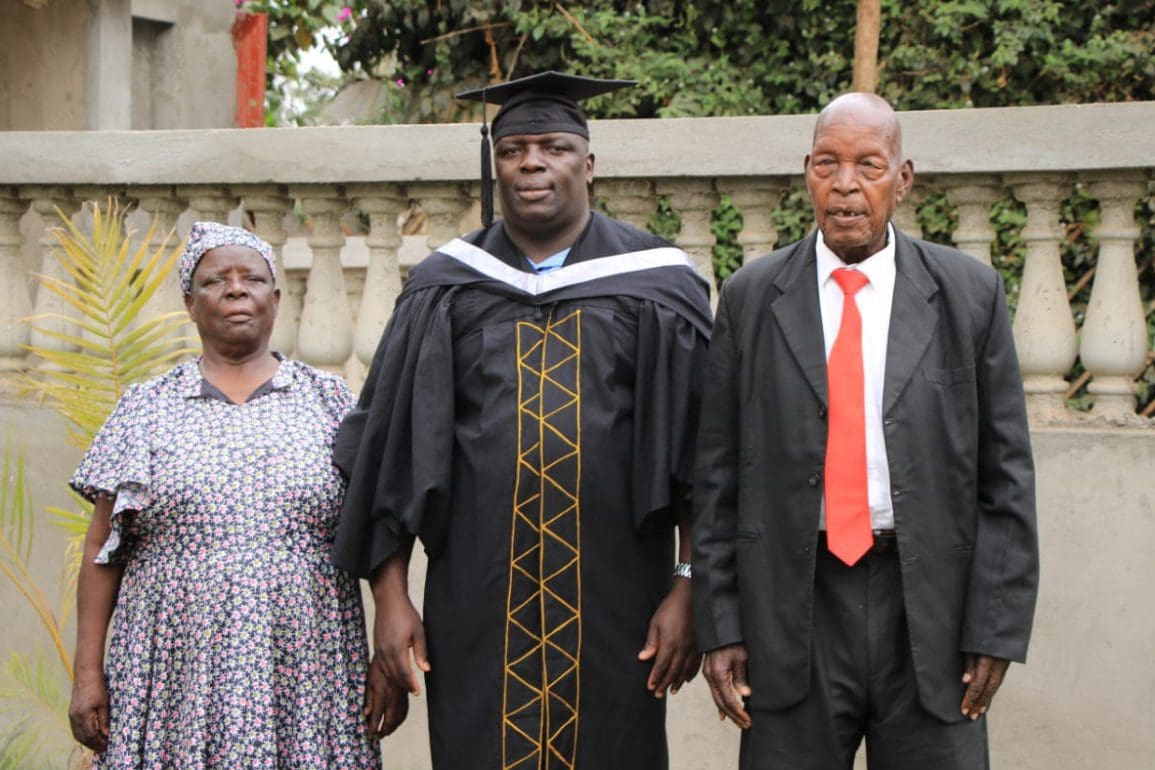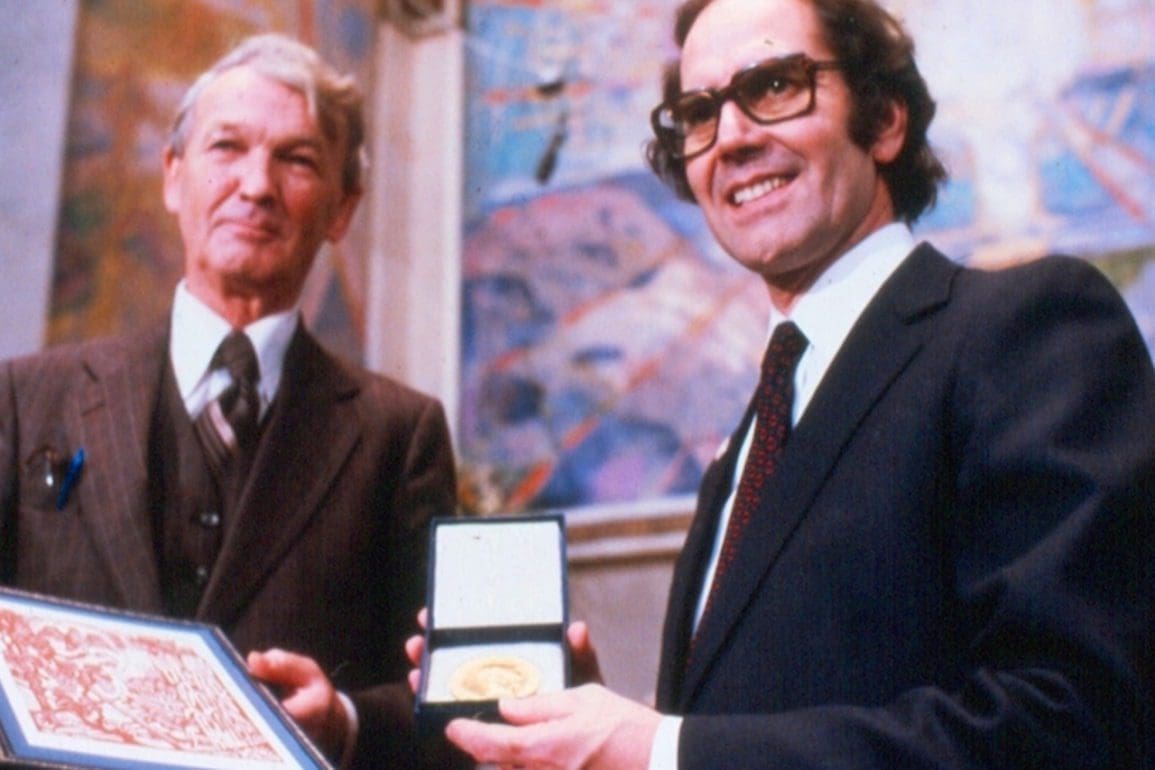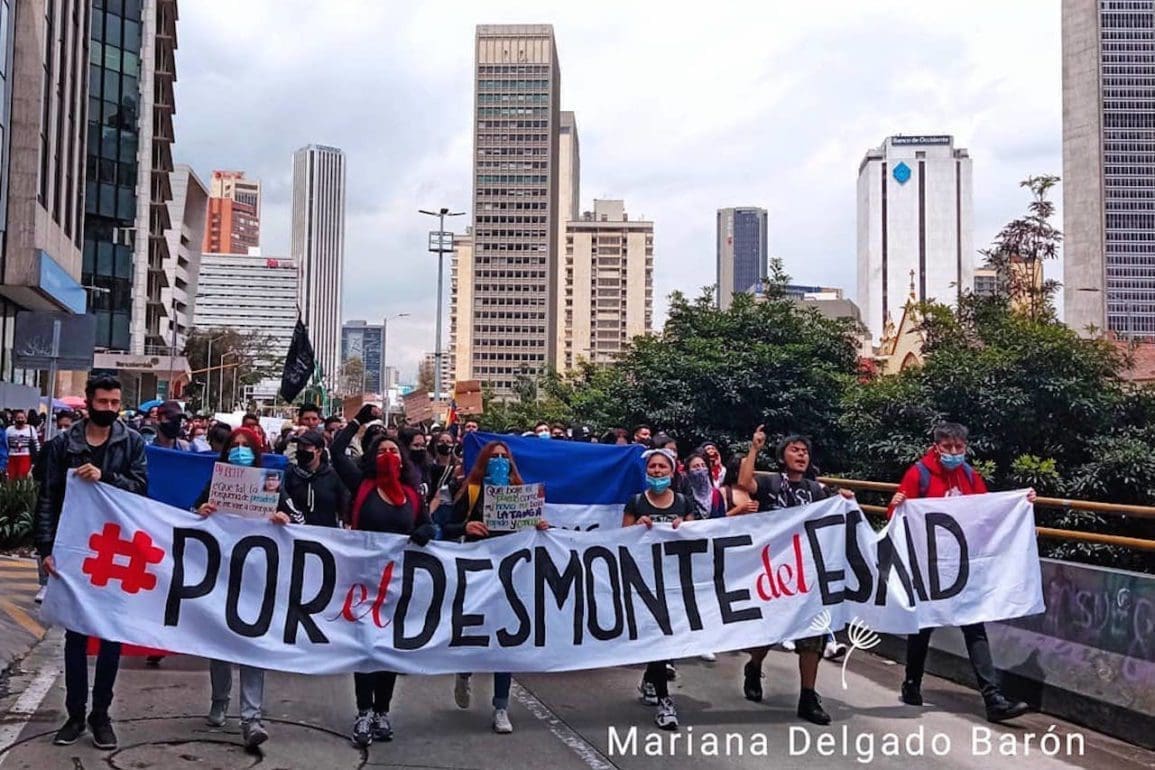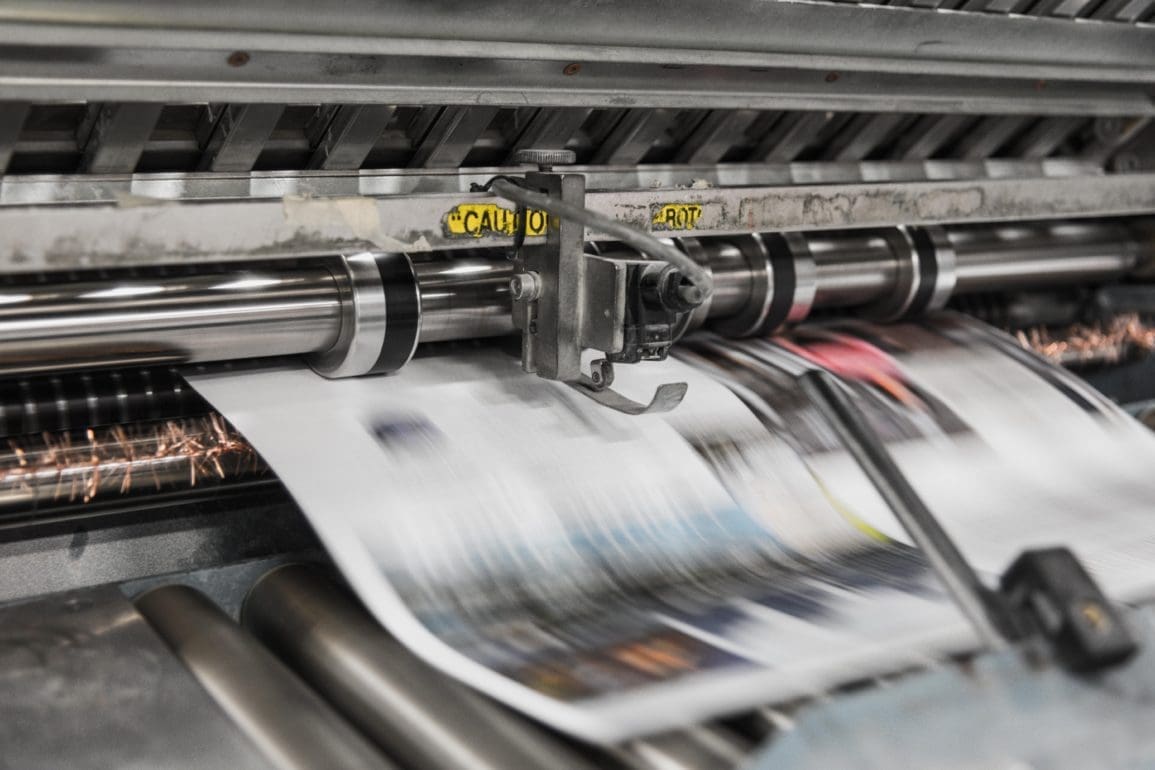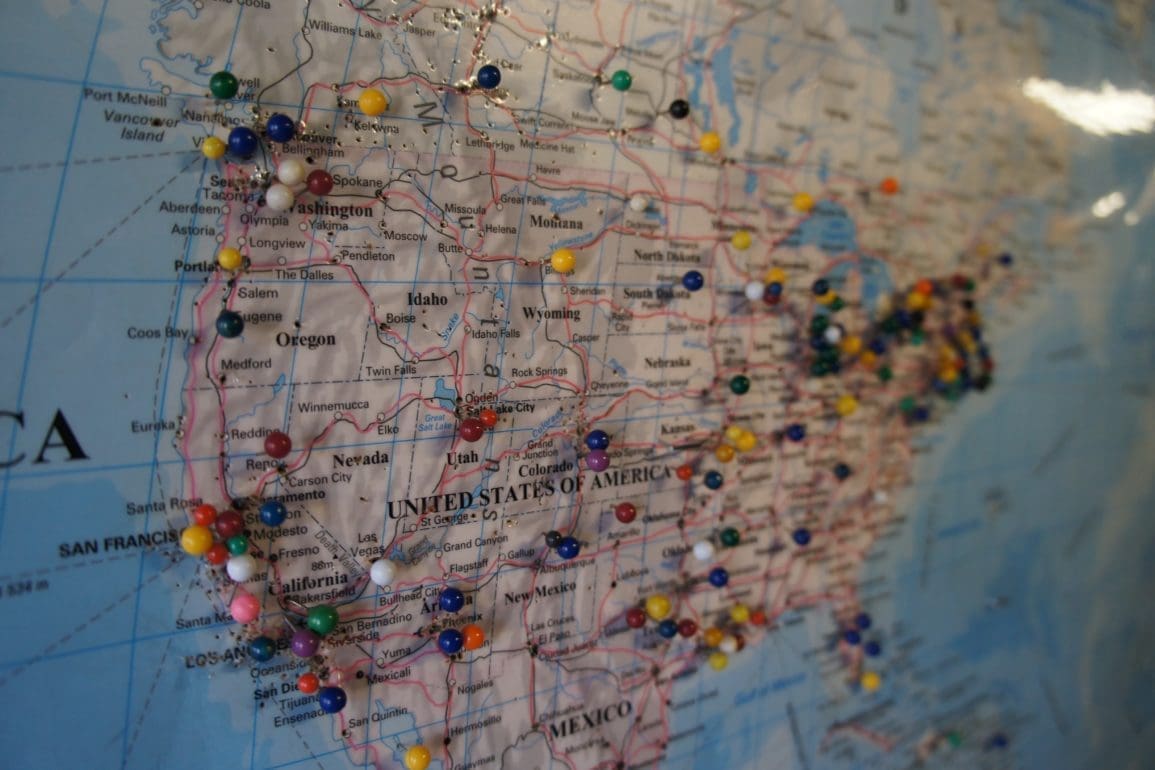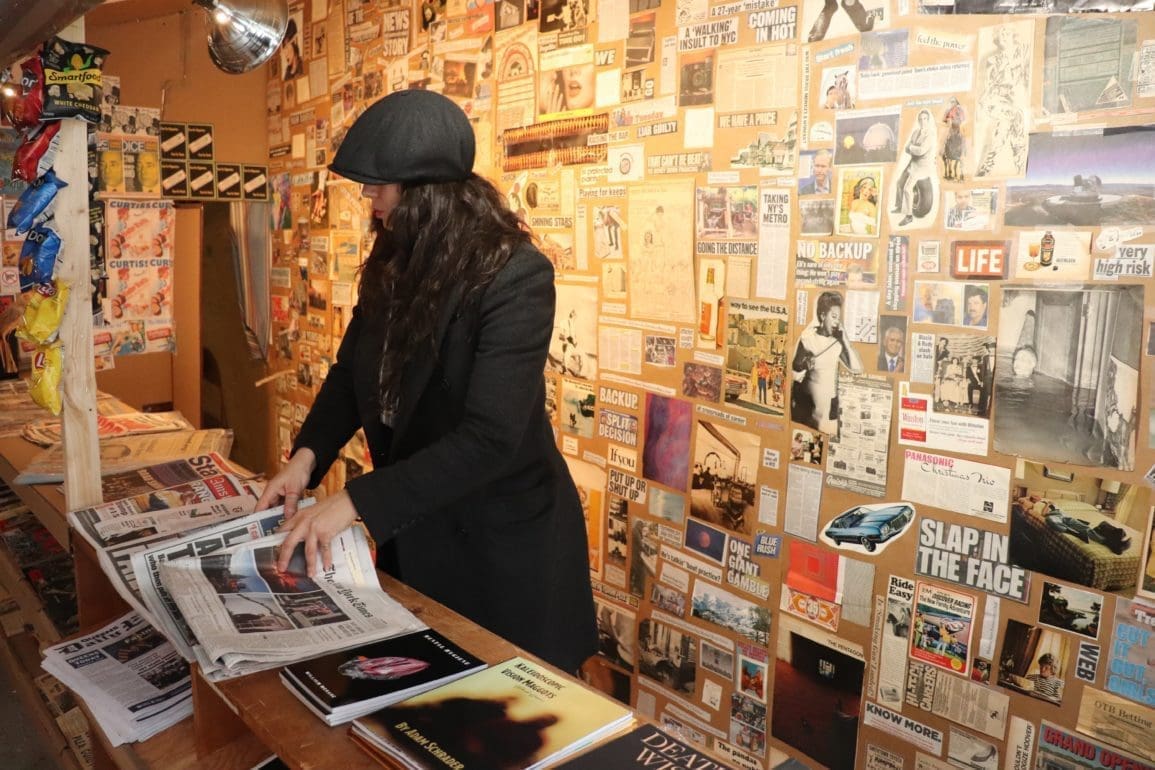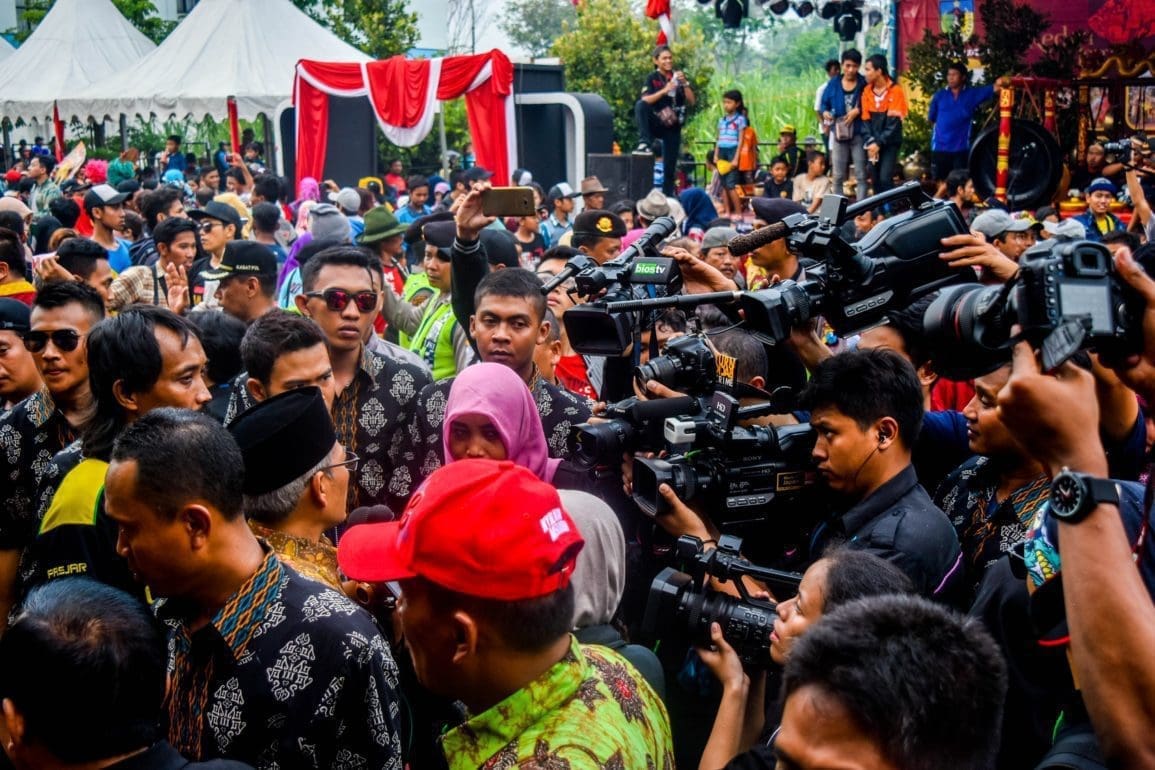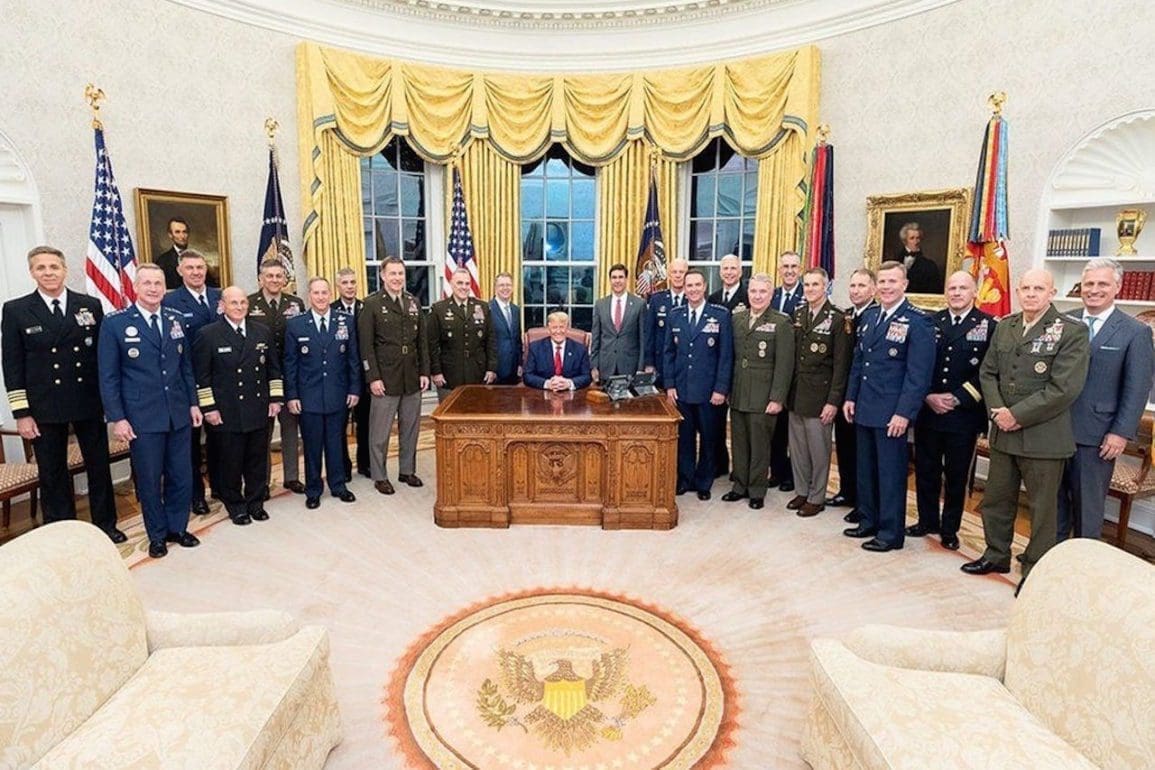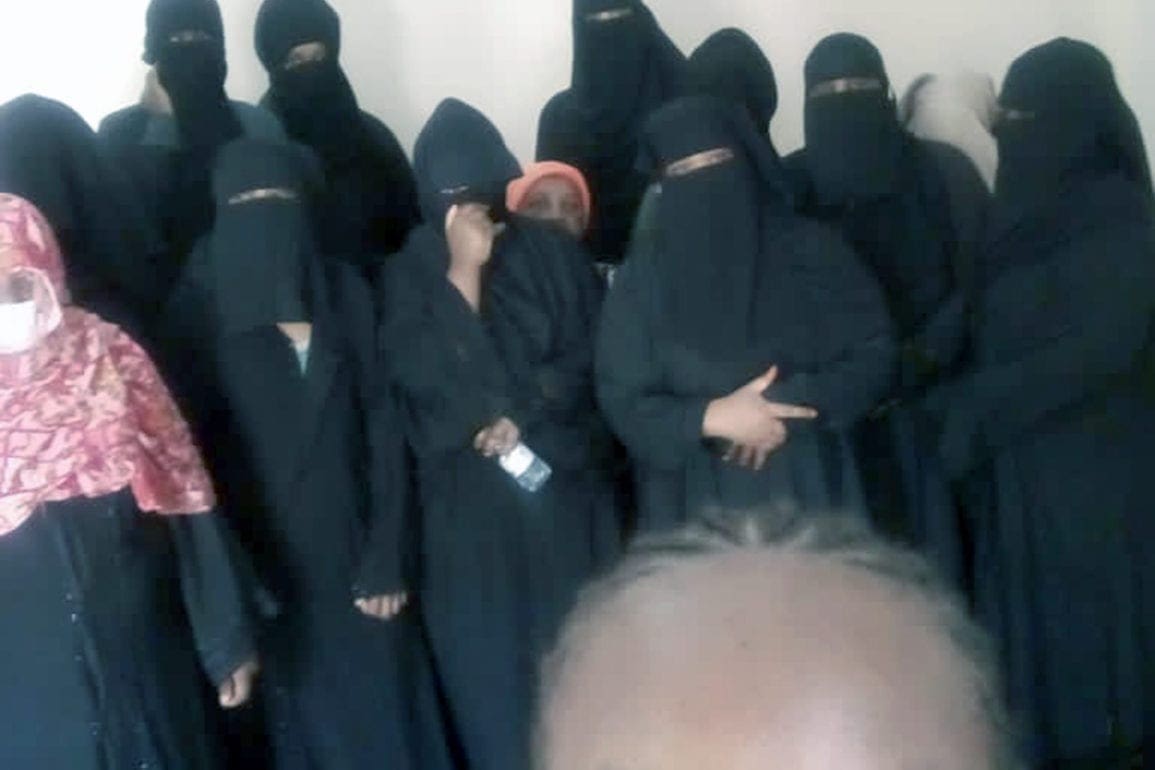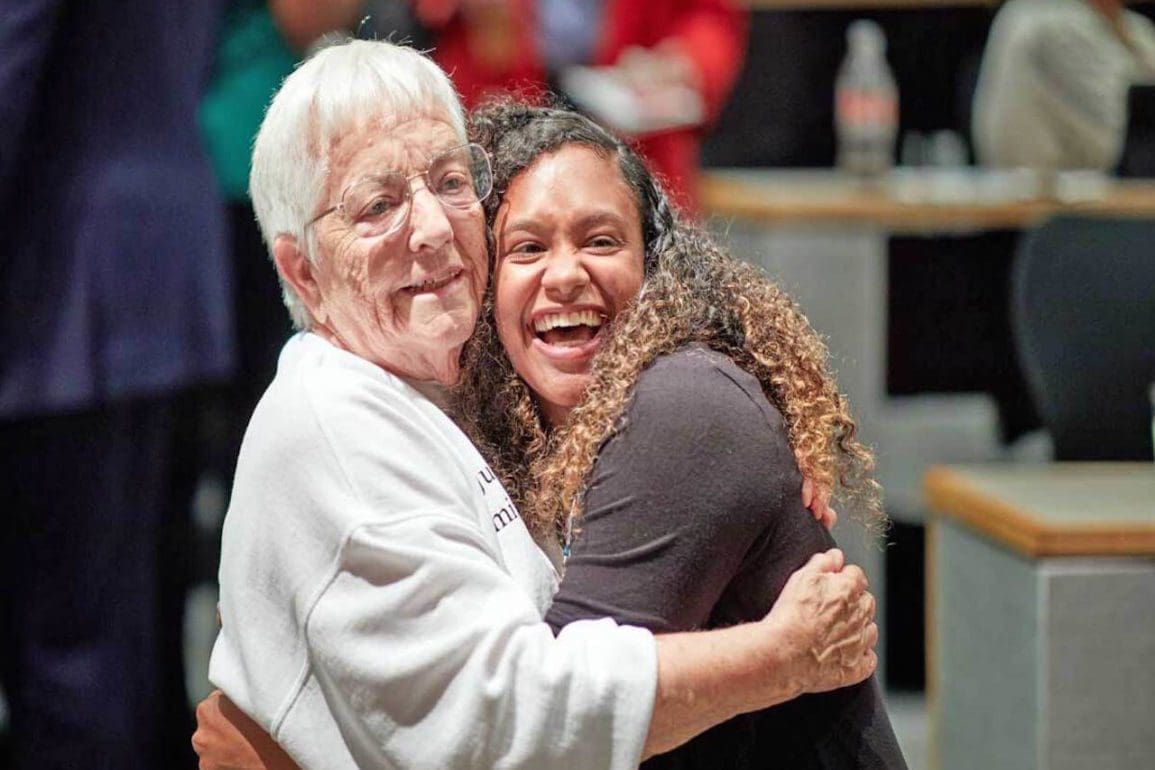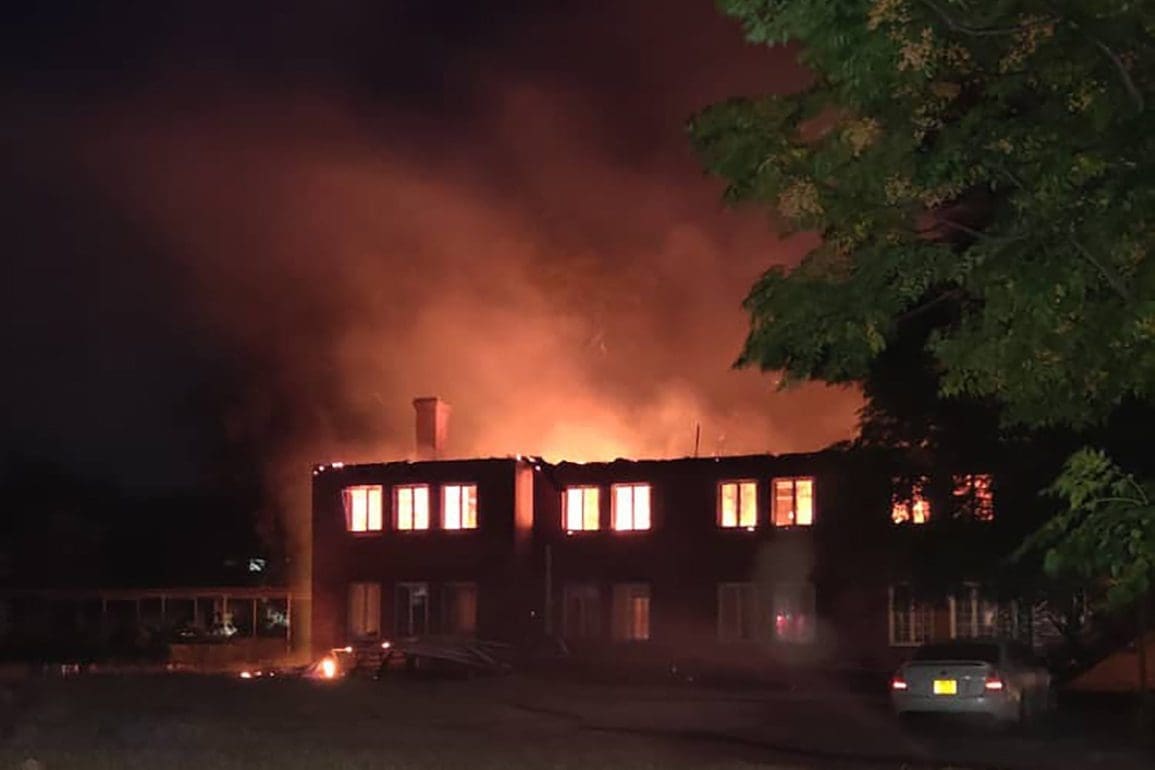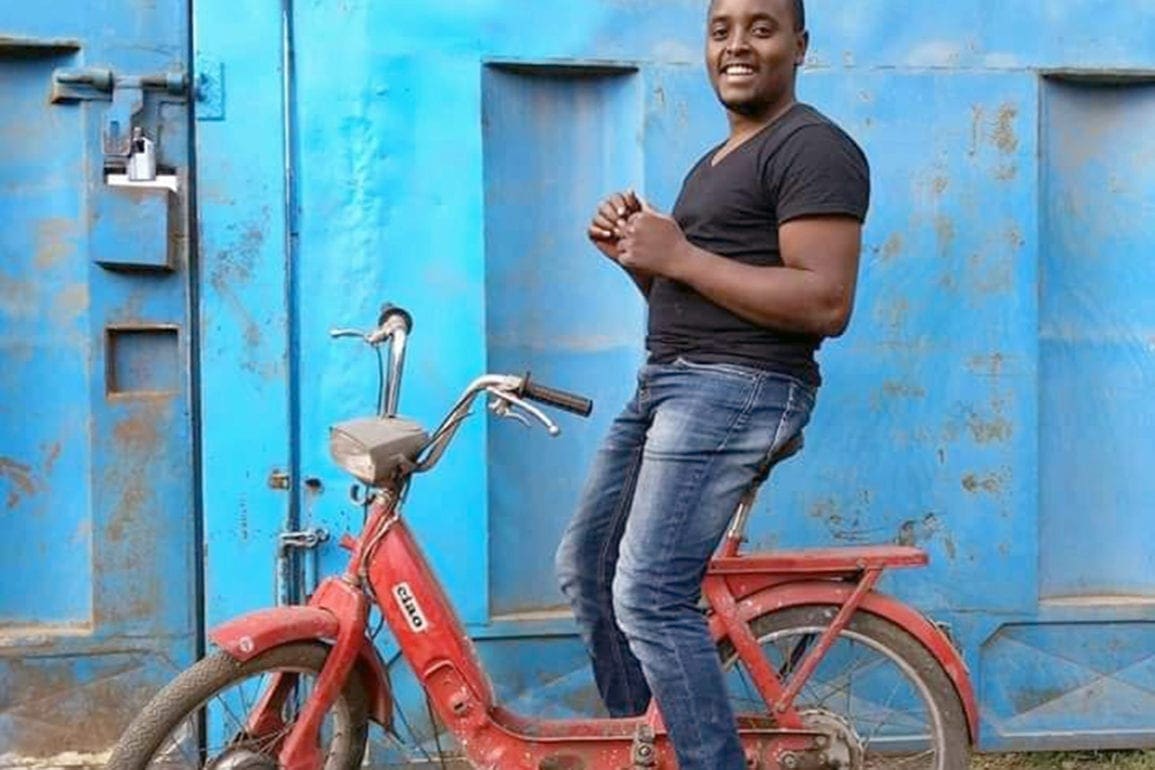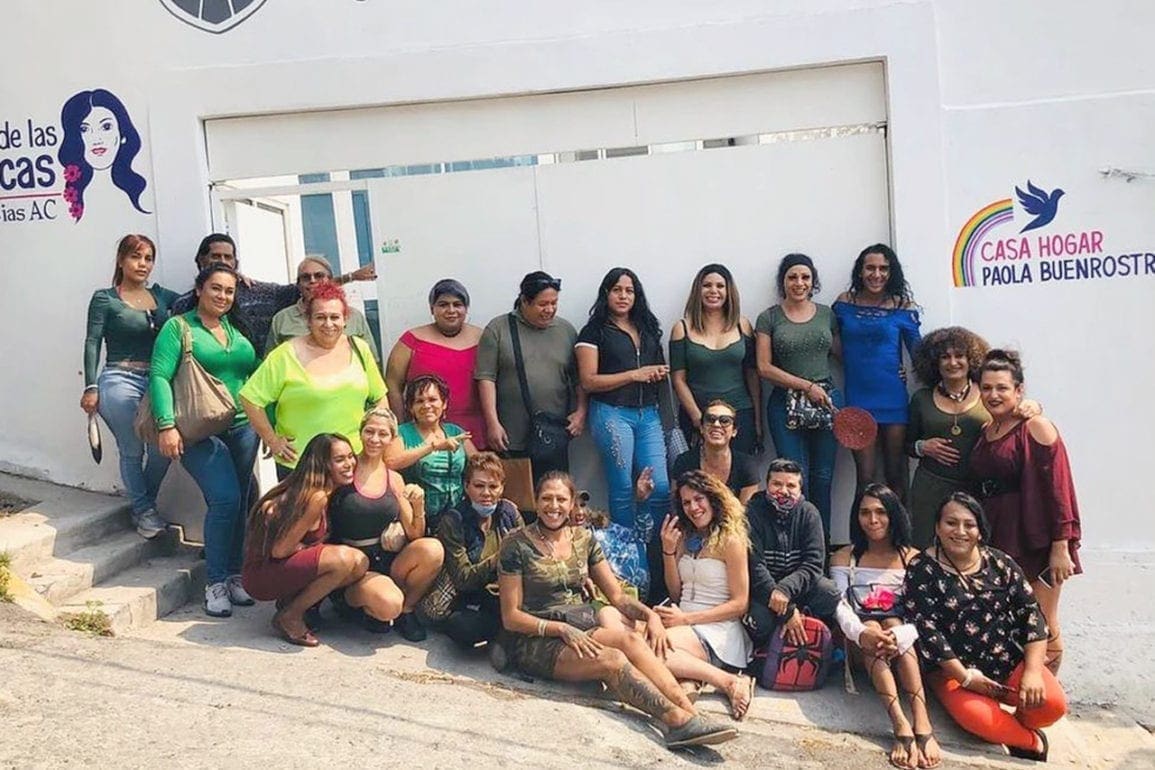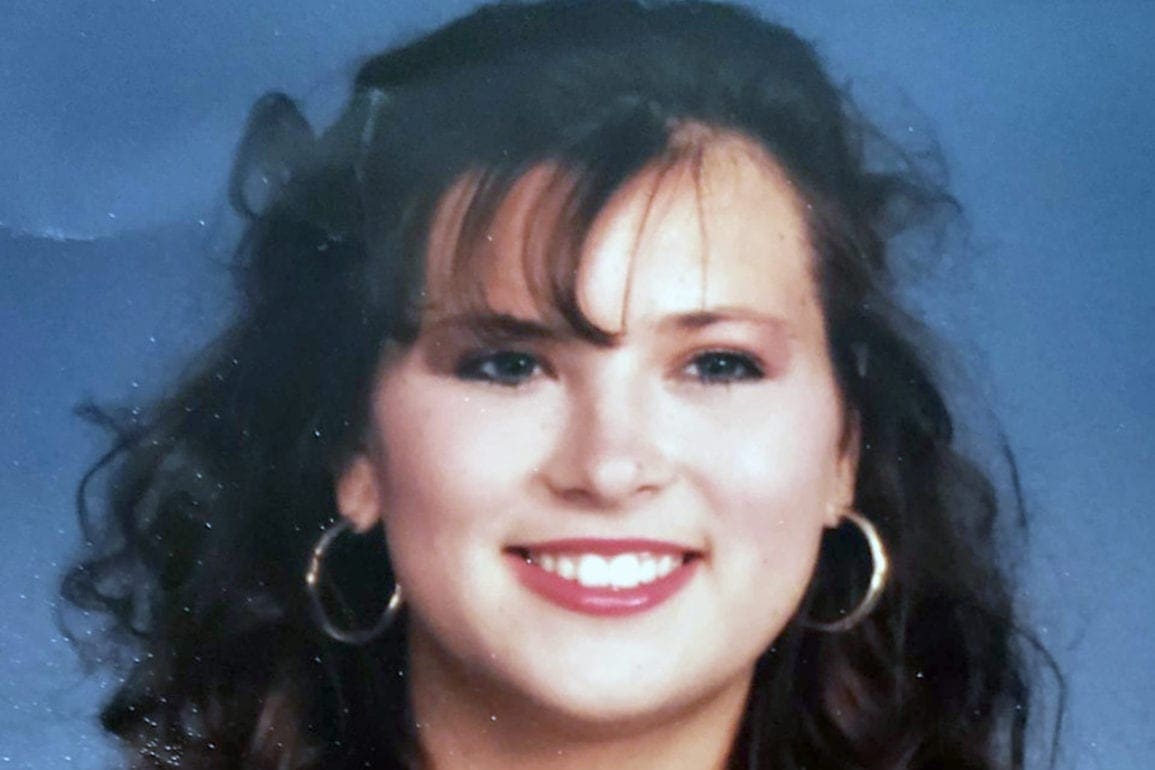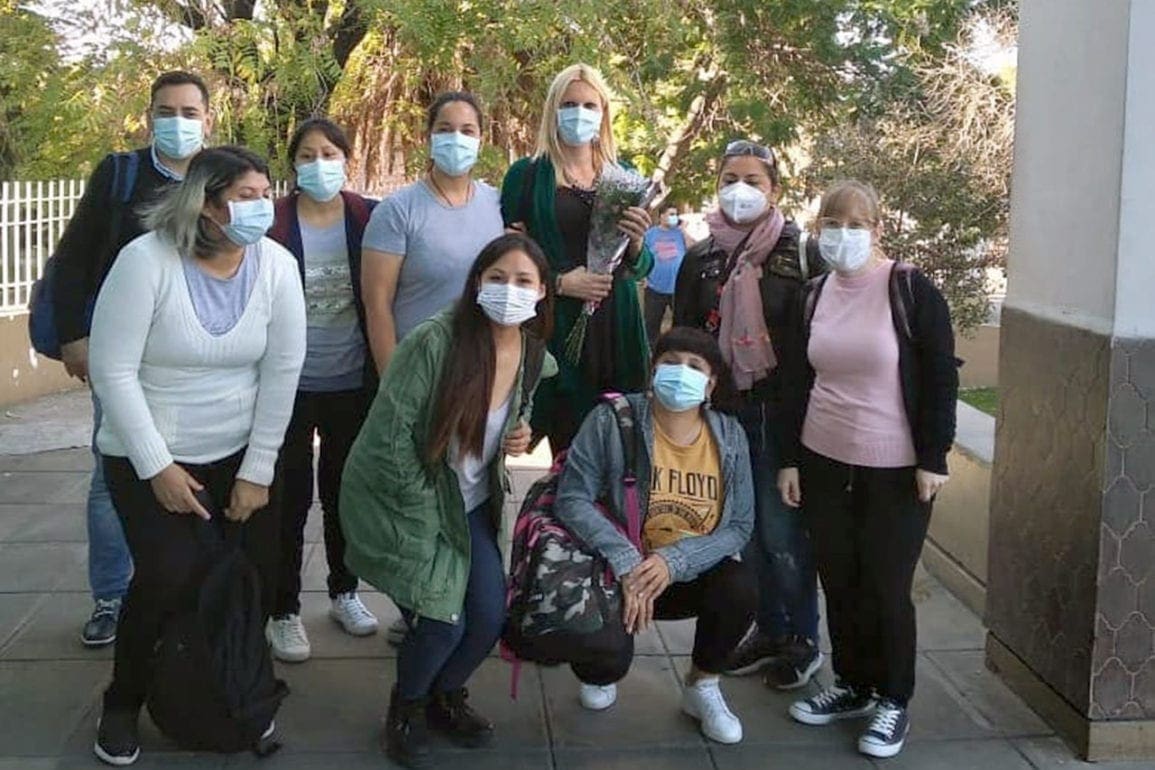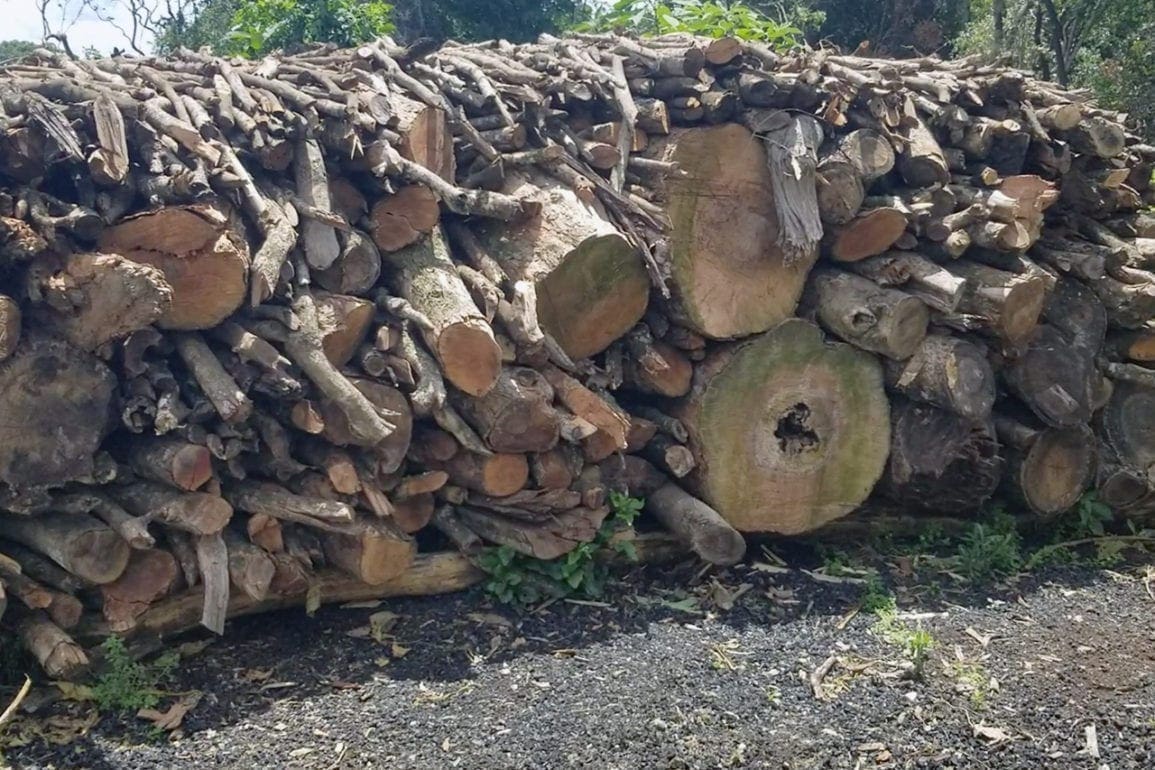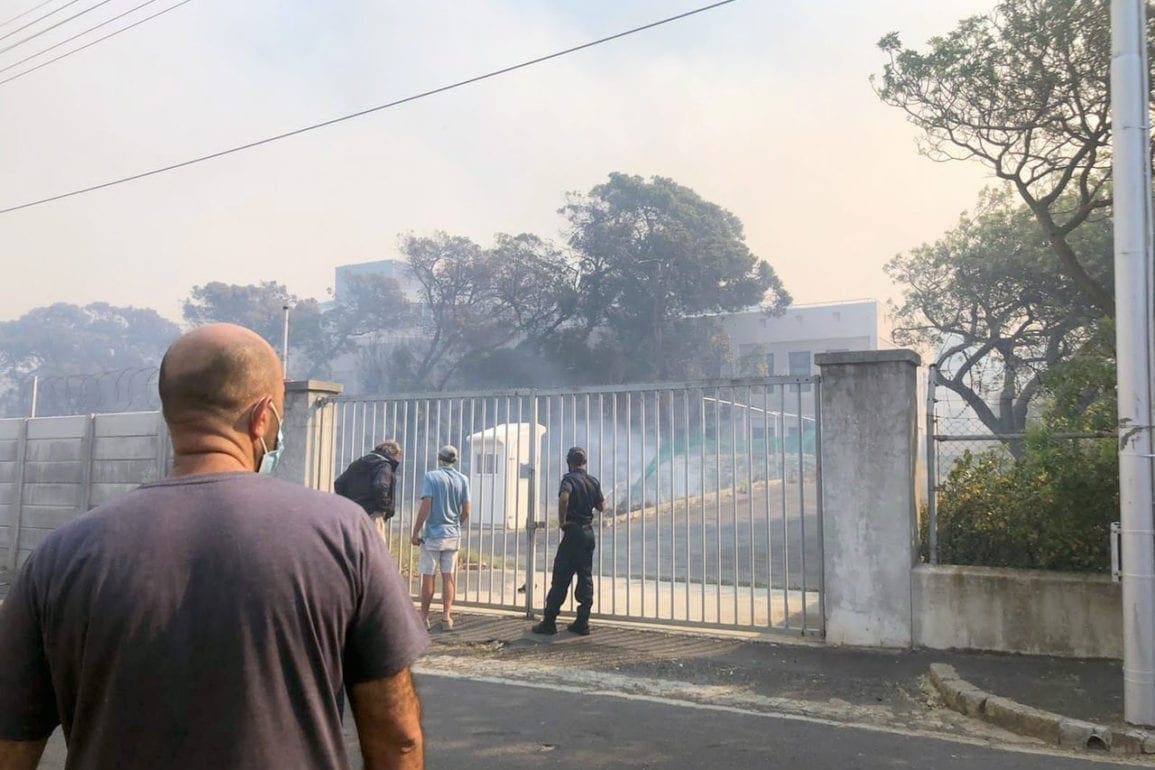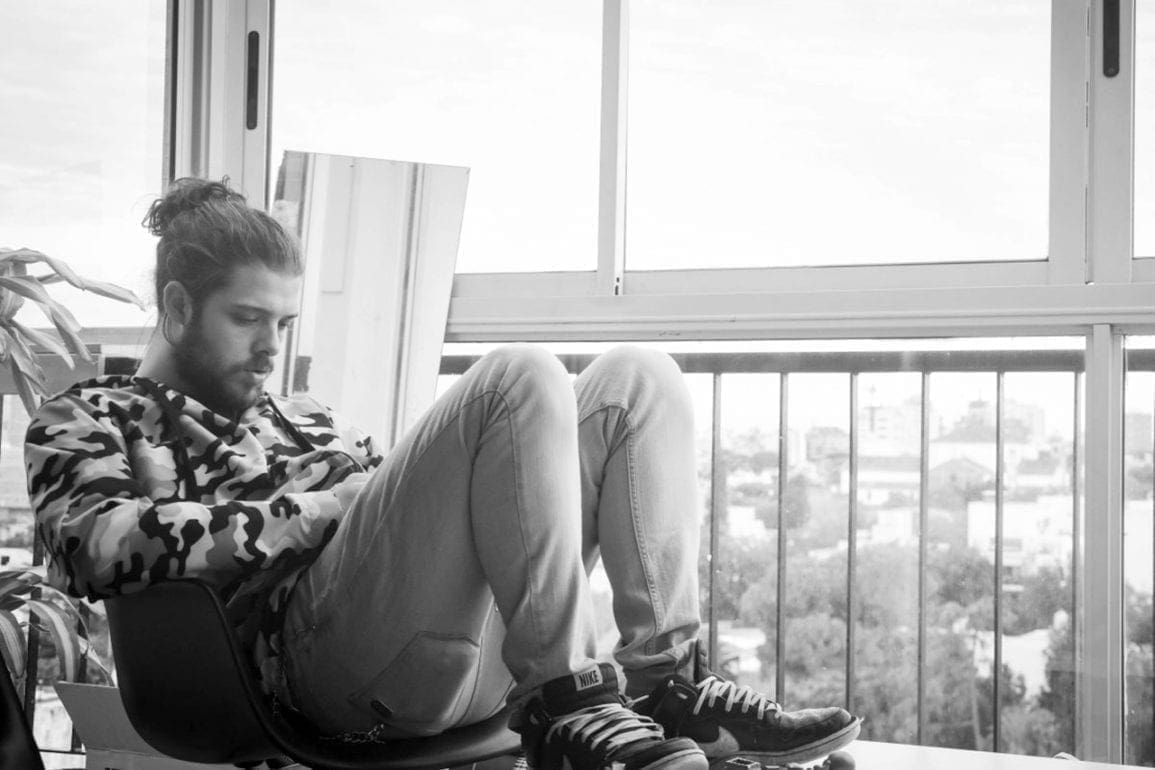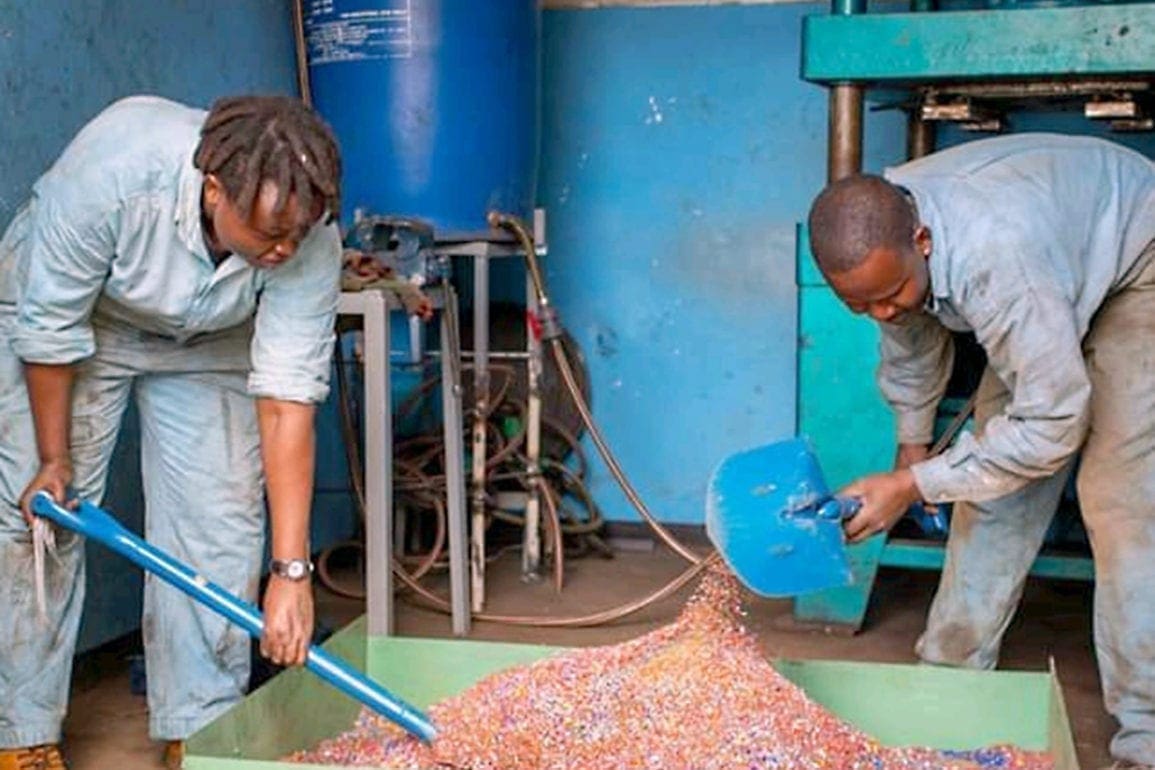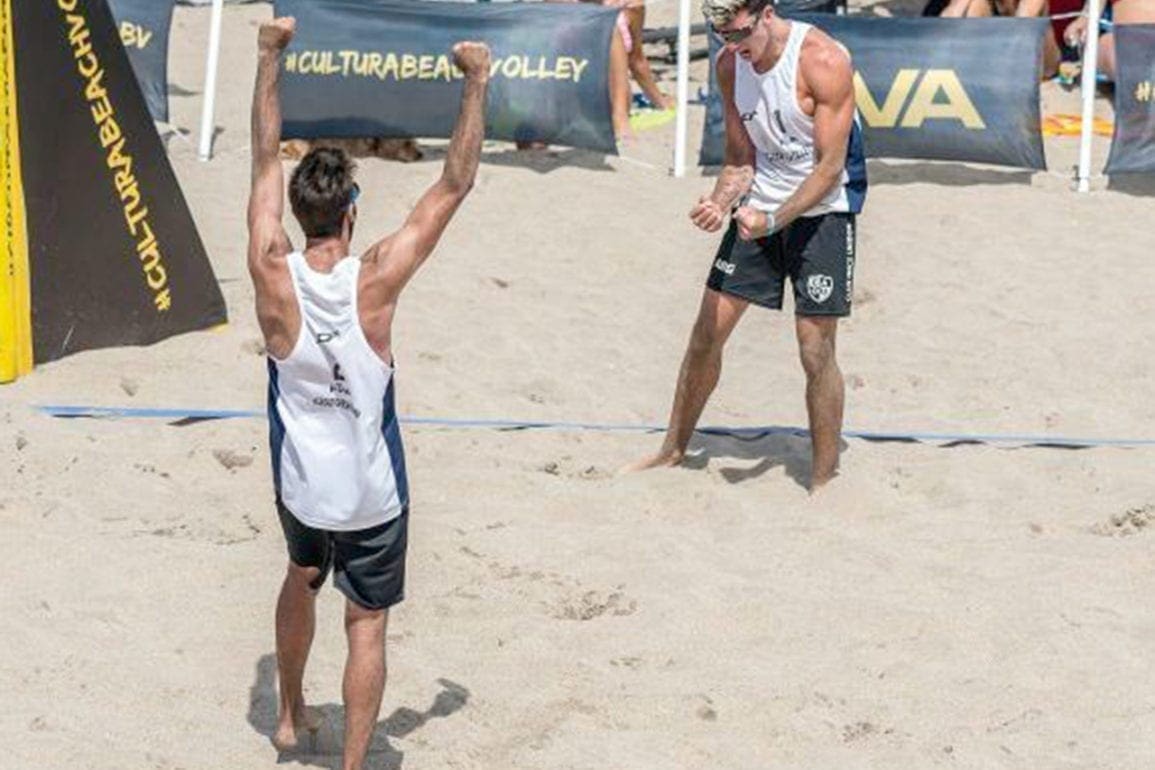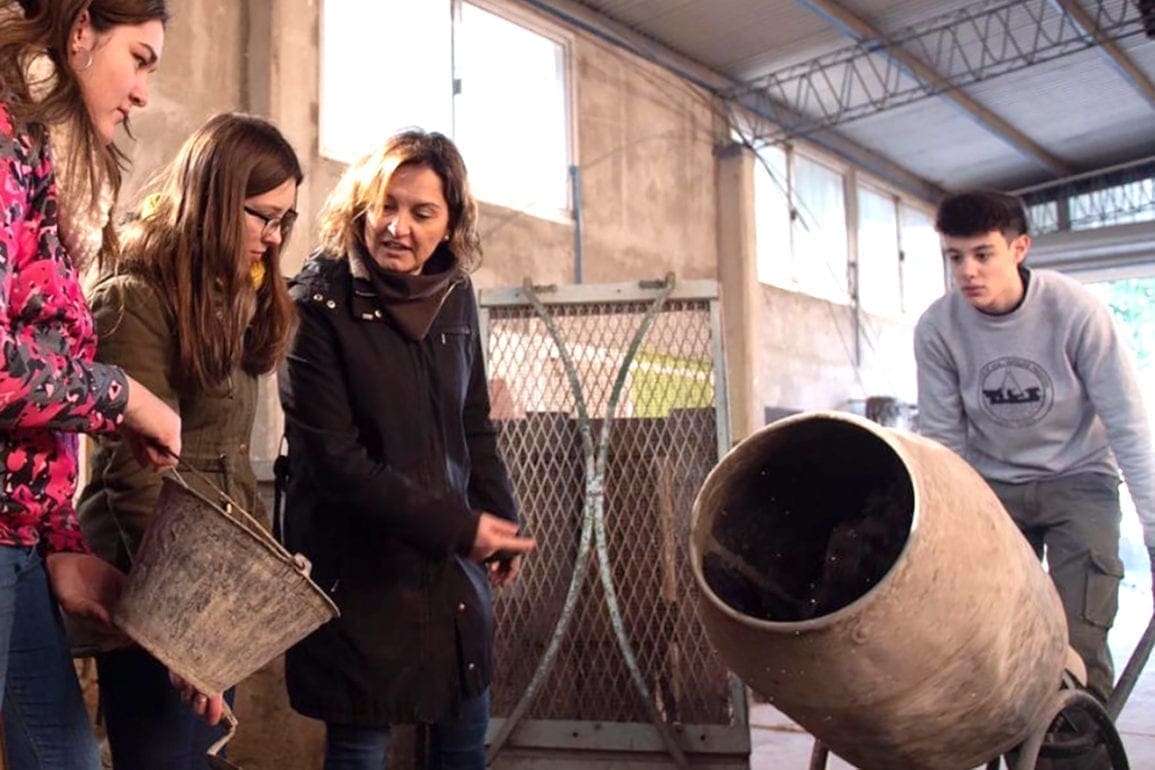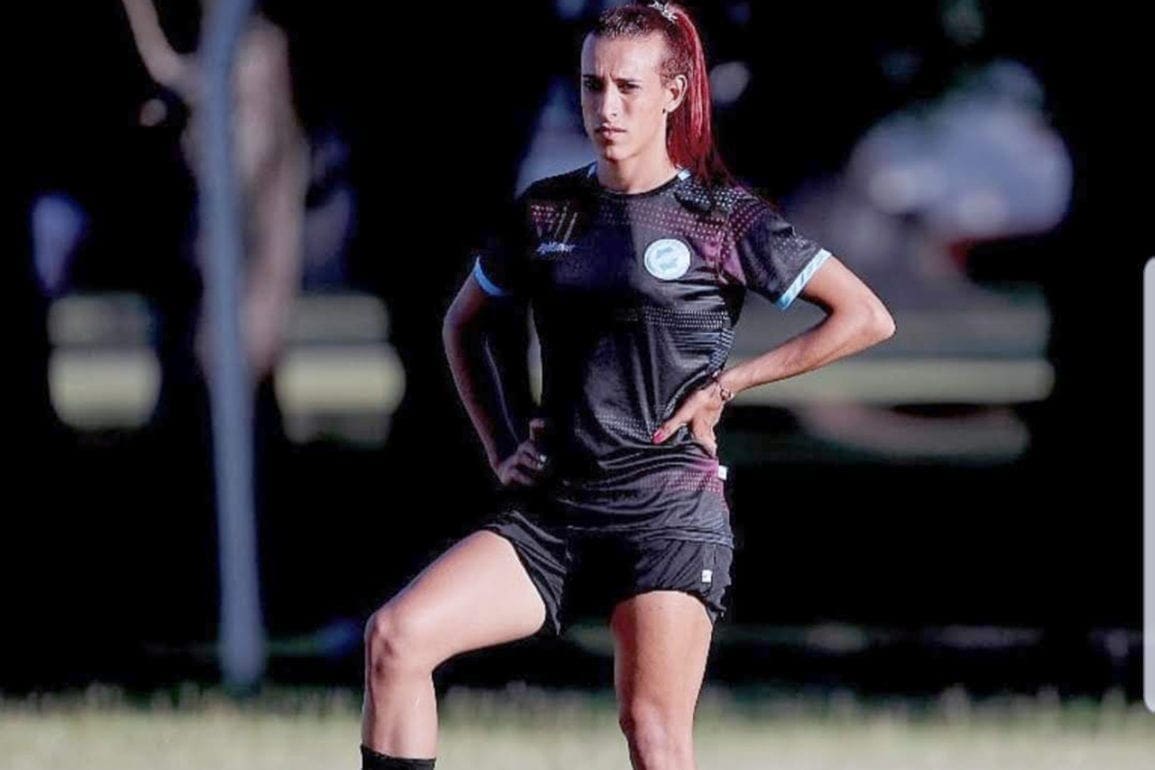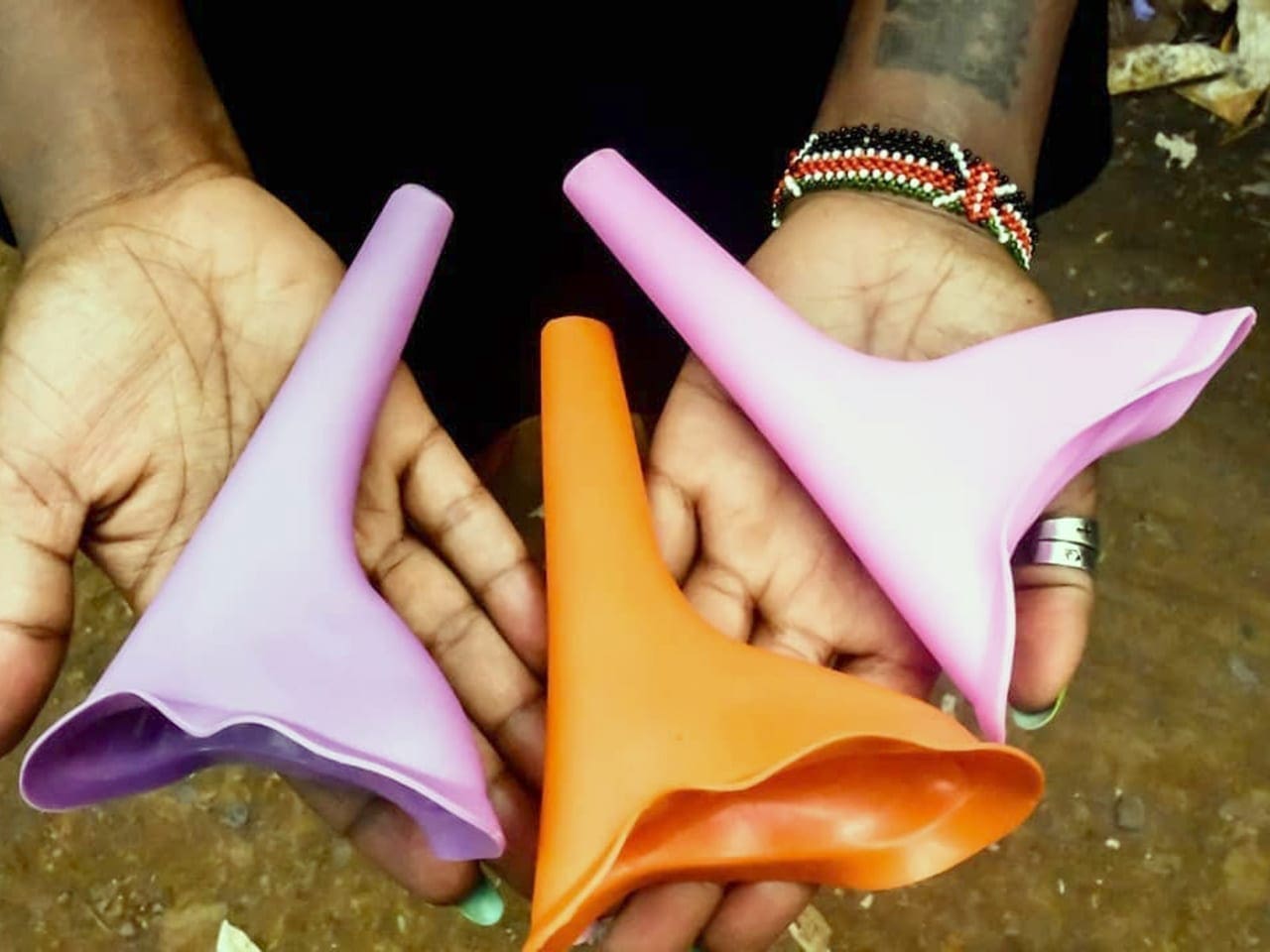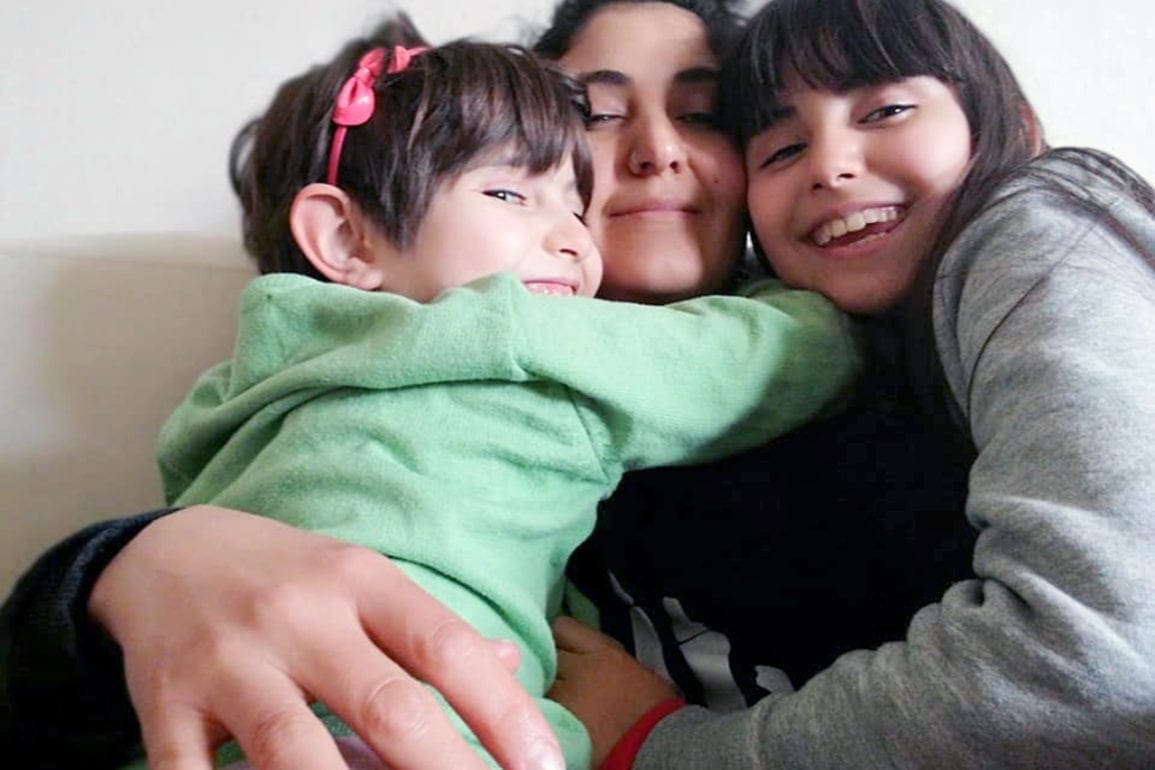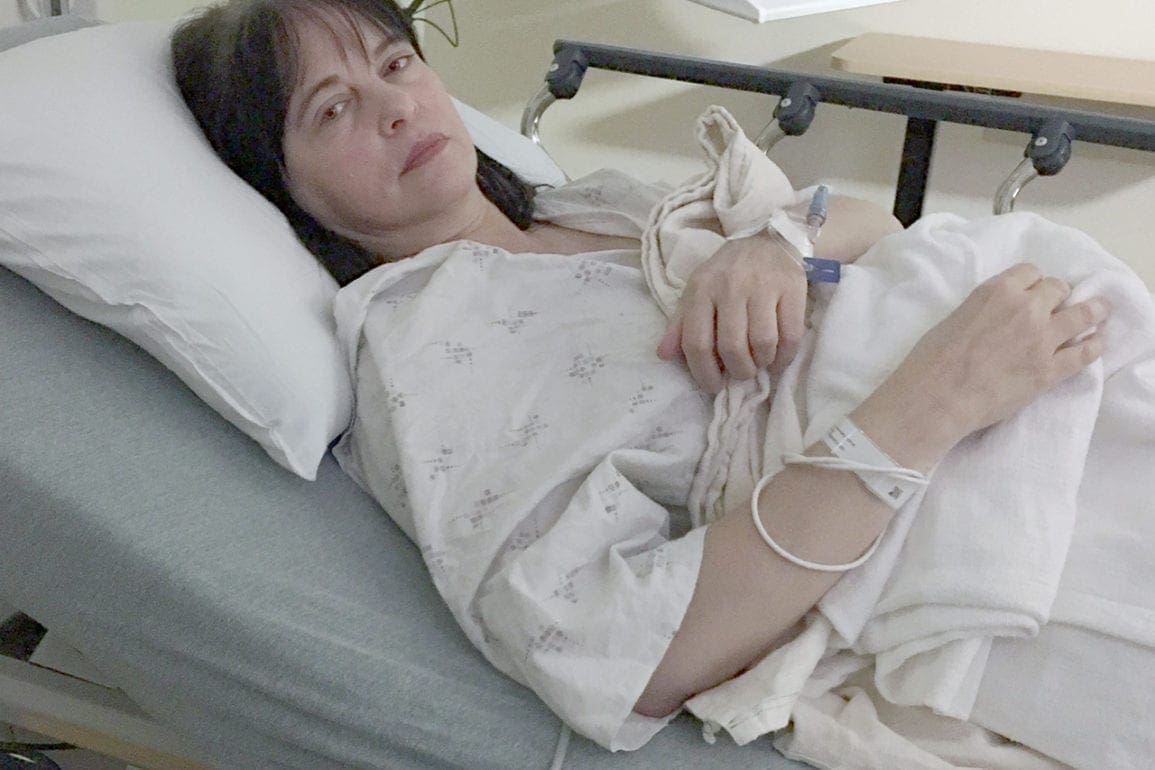Lung transplant halts 20 years of pain
A persistent cough that would not go away signaled that something much more serious was going on with my health.
- 3 years ago
February 19, 2021

LAUSANNE, Switzerland — “I will see you again.”
With those words, hand in hand, I left my husband as they wheeled me into the medical theatre.
I didn’t know what to think. The surgery could lead to my death, and I could die without it just as easily.
The doctors had debated whether I was a suitable candidate for the lung transplant. I did several tests to determine my suitability. A group felt that my medical history posed a myriad of risks. Going into the operating room, I knew I could bleed to death on the surgical table.
But it was a no-brainer for me: I would fight for my life.
Nearly 10 hours after I said goodbye, the surgeon told my husband that the surgery was a success. But there was a catch. A few hours later, I was placed under a medically induced coma as my body struggled to accommodate the new lungs.
My systems were shutting down. I was connected to a cardiopulmonary bypass and dialysis machine. I was in renal failure and fighting for my life.
Awaking to my new reality
Five weeks later, confused and with no recollection of my environment, I awoke.
Vivid coma-induced nightmares fogged my mind.
I tried to speak, but a tracheotomy tube blocked my airways.
The surgeon and my husband then appeared in the room. There had been complications with my surgery. They needed to amputate my limbs.
This news crushed me, and I debated not wanting to live anymore. I could not imagine being a quadruple amputee at the age of 47 on top of everything I had been through for over 20 years.
The cough that lasted 20 years
There is a purpose to why God preserved my life. I received a pair of lungs from someone I believe must be a young person. And, whoever it is, all I can say is I am grateful.
The lung transplant halted 20 years of health challenges for me.
In April 1993, a persistent cough that would not go away signaled that something much more serious was going on with my health.
Everyone around me started to wonder why the cough was not responding to the medical treatment I was receiving at the time.
In June of the same year, my doctors decided to dig deeper and determine the root cause. A bronchoscopy to allow the doctors to see inside my lungs. This procedure prompted an immediate cardiothoracic surgery to remove a cyst lodged between my heart and lungs.
That cyst turned out to be a benign tumor.
Even after the surgery, the cough did not subside, and a plethora of other symptoms arose, one after the other, leaving me very confused.
I could not understand why all this was happening to me. It was happening a little over a year into my marriage.
Everything was thrown at me. I had lost my firstborn child in a stillbirth earlier in January that year. My late mother came to spend some time with us to offer support as we grieved the loss of our baby.
It was evident that out of the seven children she had birthed, my health challenges tested her faith, but she held strong.
Immersing in career
At this point, I chose not to focus so much on my health, but managed the condition alongside my life and immersed myself in raising my young family, my career, and completing my Ph.D.
For five years I carried on until I had a major relapse in 1998 right after completing my Ph.D.
As I came to find out later, Myasthenia Gravis (MG) — a long-term neuromuscular disease leading to skeletal muscle weakness — can be triggered by stress.
The relapse landed me back in the hospital in the intensive care unit. It was during this period, five years after the first lung surgery, that my doctors in the hospital in Nigeria made a definitive diagnosis.
I was dealing with two diseases: MG and Bronchiectasis — a permanent enlargement of parts of the airways of the lung.
Wheelchair in five years?
Doctors in the United States confirmed that diagnosis. They also informed me that, depending on the speed of progression, I could be in a wheelchair in five years.
With new medications, I returned to Nigeria and dived into my family routine, work, and travel.
We lived in Ibadan before moving to Lagos and finally to northern Ghana in 2001.
While stationed in Ghana in 2003, my lungs collapsed necessitating an emergency medical evacuation from Tamale to the hospital in Accra.
My children were nine and six years old at this point. Even though they had always seen me very ill, I could see that they were truly distressed for the first time.
I left them with my pastor and his family when I was evacuated to Accra. My husband flew from Switzerland to be with them while I was in the hospital’s High Dependency Unit.
People could visit, but my children were restricted from entering the unit. They watched through a glass partition as I fought for my life.
One of my sons celebrated his birthday when I was in the hospital. Thankfully, the staff arranged a surprise where I could meet him in a private room to celebrate his special day.
Evacuation to Switzerland and moving to Egypt
There was no notable progress in the four weeks I spent in the hospital in Ghana, so the doctors advised on a second surgery. My husband and I decided to have the procedure done in Switzerland as he was already stationed there.
I was immediately evacuated with my boys to continue my treatment.
At this stage of my life, the natural cause of action was to quit my job, at the height of my career, to focus on my health and family.
After my medical break, I returned to work in 2006 in Cairo, Egypt. After a year in Cairo, I had another relapse and became oxygen dependent.
I did not want to leave work because I had a significant project that I felt I needed to complete. So, I got permission from my workplace to bring an oxygen cylinder to the office while using the concentrator at home.
In January 2008, I returned to Switzerland. My health had deteriorated to the point that I became homebound, and my movement became restricted.
The coughing was severe, and I spent a lot of time nebulizing to clear the secretions in my chest and treat recurring infections in my lungs. I had home nurses assigned to check up on me when I had to undergo intravenous antibiotic treatments for three weeks with a pump at home several times a year.
In 2010, after another episode that landed me in ICU, my doctors put me on a ventilator.
All other medical options have been exhausted.
Waiting for new lungs
Let me give you a picture of what I experienced when my lungs collapsed.
Every movement I made was labored. It felt like I had a rock in my chest. It was difficult to breathe. I could not lie on my back, because I felt like I was choking. Most of the time, I had to bend forward to breathe easier.
I had fluid accumulation where there should have been air.
Not having the ability to hold sufficient oxygen in my lungs left me faint and fatigued.
Coupled with the fact that I was consistently coughing, I had severe pains in my chest and abdomen. It was uncomfortable and excruciating. This condition required frequent medical interventions to stabilize me.
I had to guard my mind not to become fearful. My faith became my anchor while my family and friends did their best to make me comfortable.
I was placed on the waiting list for an organ transplant after undergoing an extensive medical workout to ensure that I was a suitable candidate.
It was a difficult period for me as I had to wrap my mind around the fact that someone had to die for me to live. This was a major emotional struggle.
The person was going to give me a gift that I would never be able to say thank you for from this side of life.
Condition getting worse
My condition was worsening, though. I went from needing one oxygen reservoir in a week to using three large reservoirs.
It became challenging for my immediate family to manage the situation.
Friends from my church started taking turns checking on me and helping with the cooking so my husband and children could focus on their work and education.
I was with my son at home on April 13, 2013, when the phone rang.
The hospital had found a donor.
My heart melted and fear overcame me.
The transplant team sent an ambulance to take me to a hospital 60 kilometers away.
I was organizing a women’s conference scheduled for the end of April and was determined that it must go on regardless of what happened to me.
The coma and amputation
My five-week coma ended as the doctors told me of the need to amputate.
They wanted to take me straight back to the theatre again, but it was too much for me. I asked for some time to digest this new piece of information.
Thankfully, a family friend had a different reaction.
“Don’t worry. God is going to give Irene the feet of grace that will take her to places her natural feet could not have taken her.”
That message resonated with my husband. It was challenging for me, but, two weeks later, I was back in the medical theatre.
My feet were amputated, but miraculously, my hands began to regain functionality.
Acceptance
July 2, 2013, was a miraculous day.
I was still recovering from the amputations, but the machine that helped me breathe was turned off.
For the first time in seven years, I was breathing without supplemental oxygen.
I was elated with joy. It was the beginning of a new normal for me, considering I was now a bilateral amputee.
My stumps healed within two weeks. I had avoided looking at them, but I slowly embraced my new limbs upon watching my husband and sons apply the ointment cream without cringing.
Their acceptance of my new body image made my prosthetic rehabilitation journey, where I learned to walk all over again, possible.
Reality hit when I looked at my shoe rack. But, I decided that I would not let it burden me.
Sitting down on my living room floor, I bagged all of my shoes and sent them across the world to each of my friends.
Giving back to society
I will be 55 soon.
I am alive today because of the gift of organ donation.
To me, an organ donor is someone who intentionally purposes to extend their life through another person and make their death count for something.
I am currently focusing on my Foundation, the Feet of Grace, which commenced operation in 2015 with the first Charity Walk to raise funds for amputees in poor communities.
The Foundation officially launched in 2016. It focuses on providing prosthetic limbs to children and women amputees who cannot afford them.
To date, more than 50 women and children have received prosthetic limbs, wheelchairs, educational scholarships, and seed funds for poverty alleviation activities.
All the challenges I have been through have refined me to be the person I am today.
Now, I speak and write to inspire hope. I coach those going through challenges to go beyond their traumatic experiences to find purpose through adversity.
I held on to hope and found my purpose. I believe I am now unstoppable.
